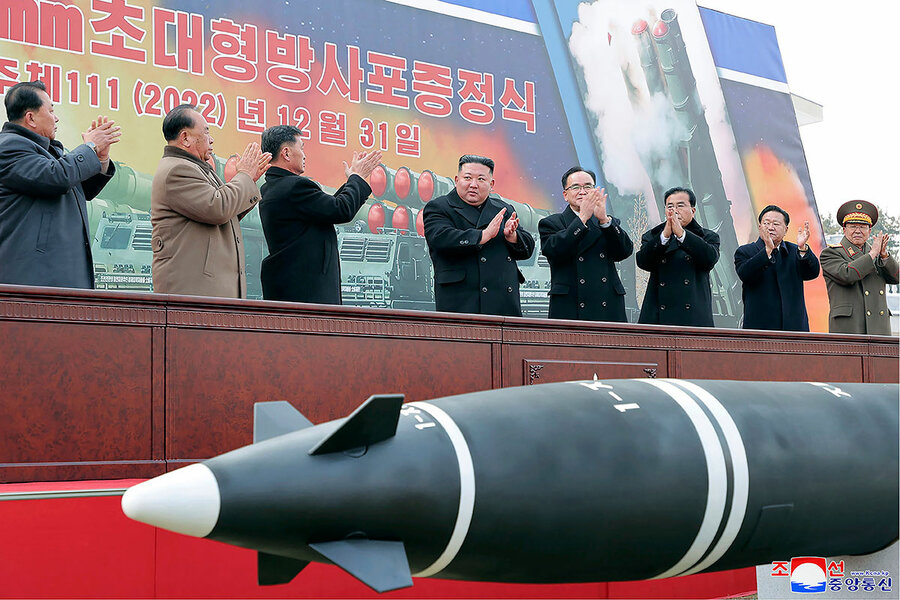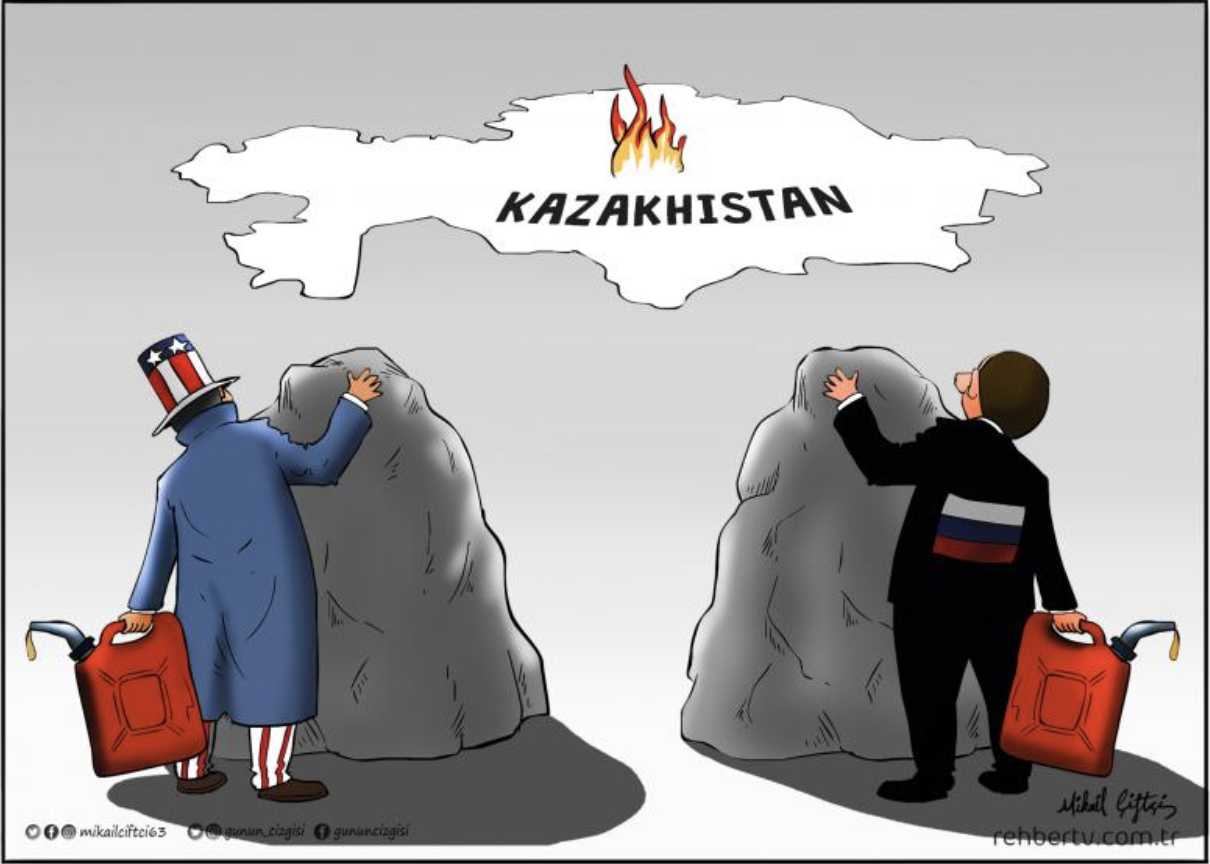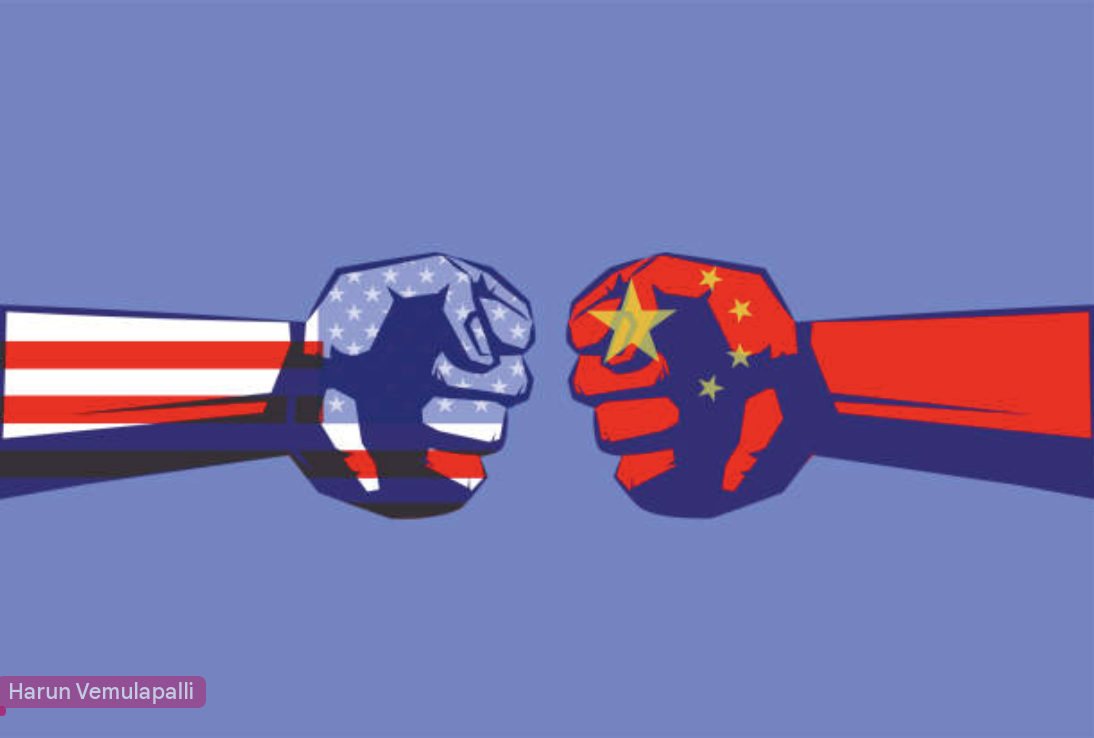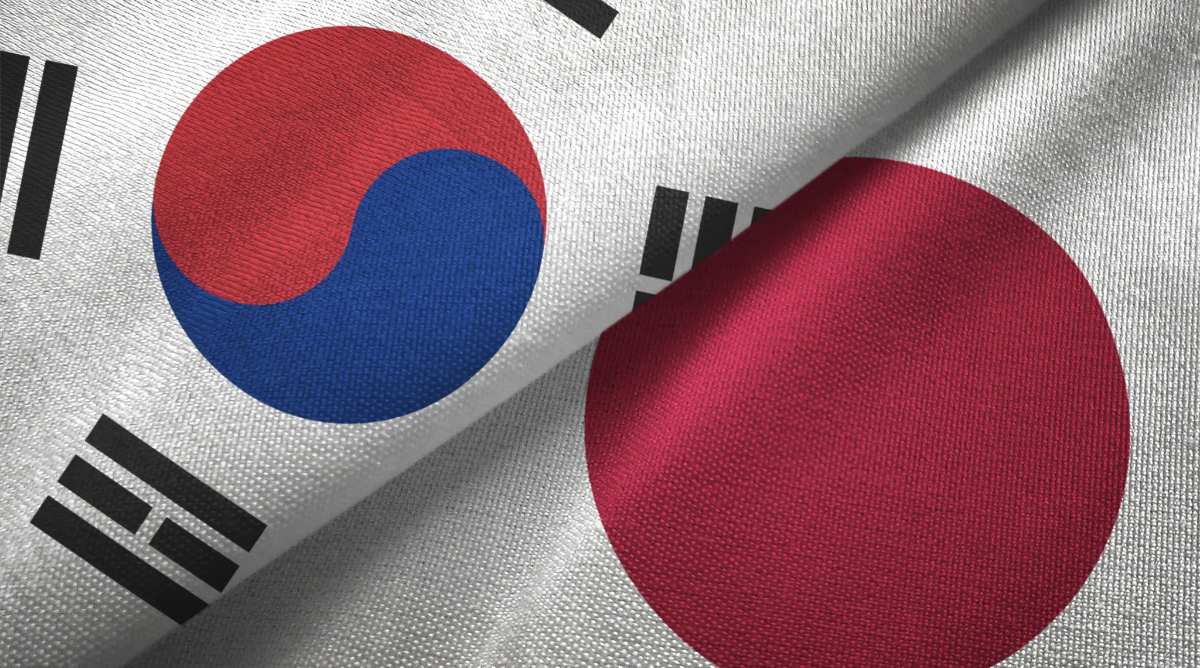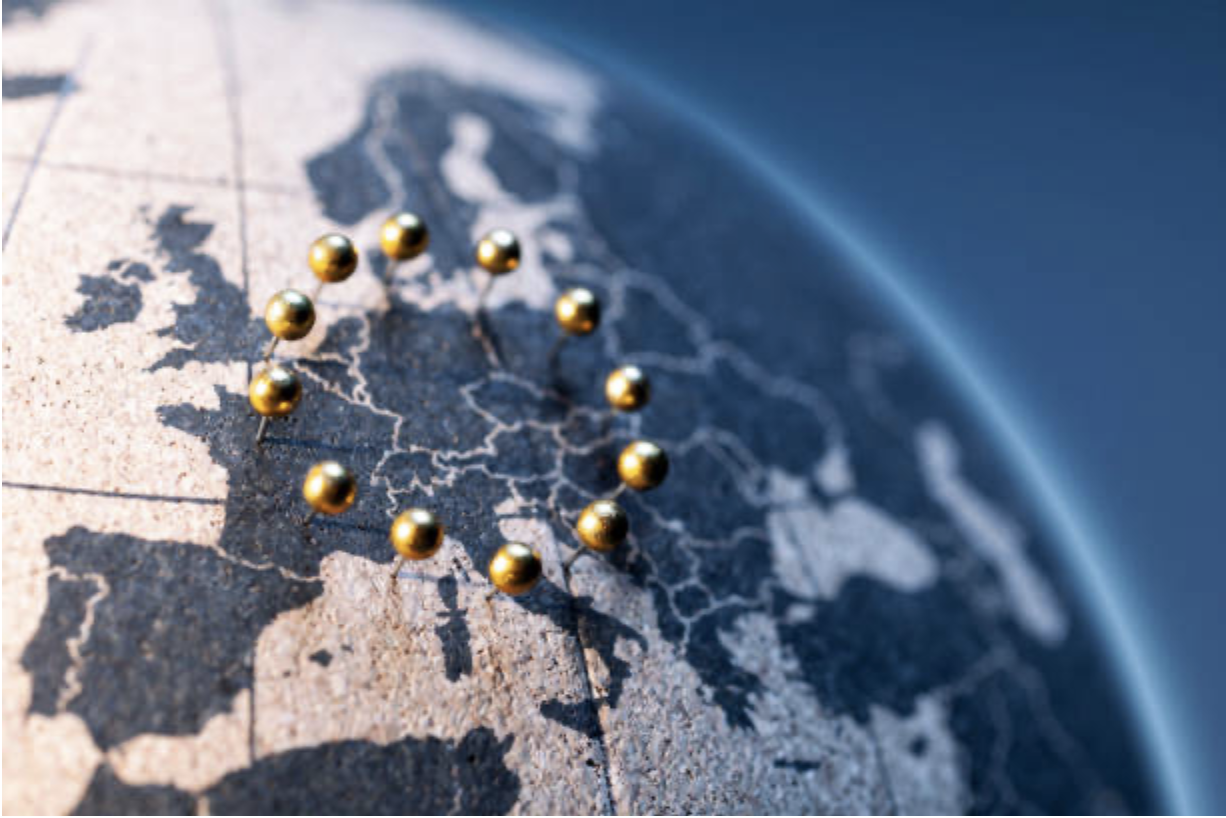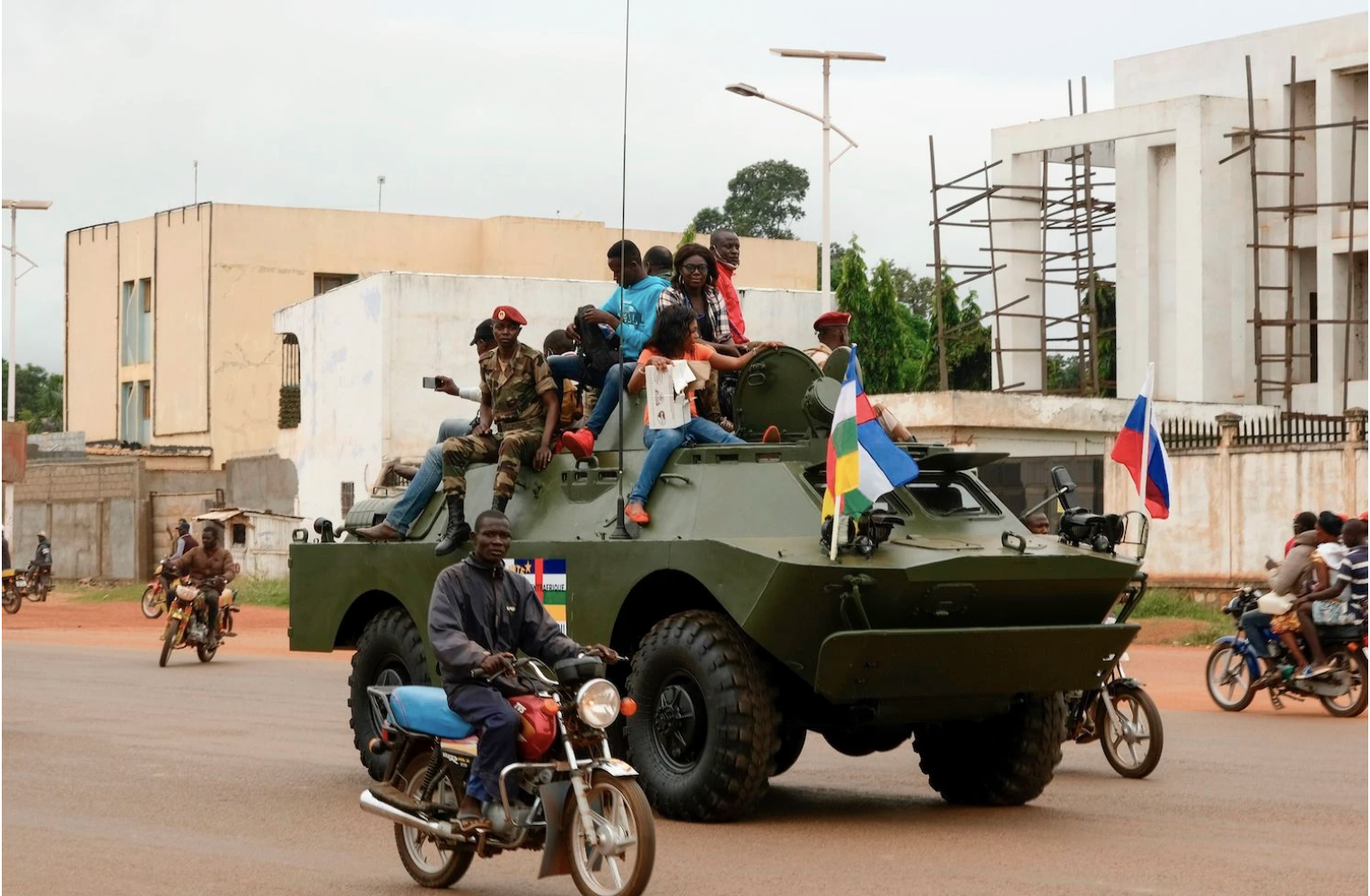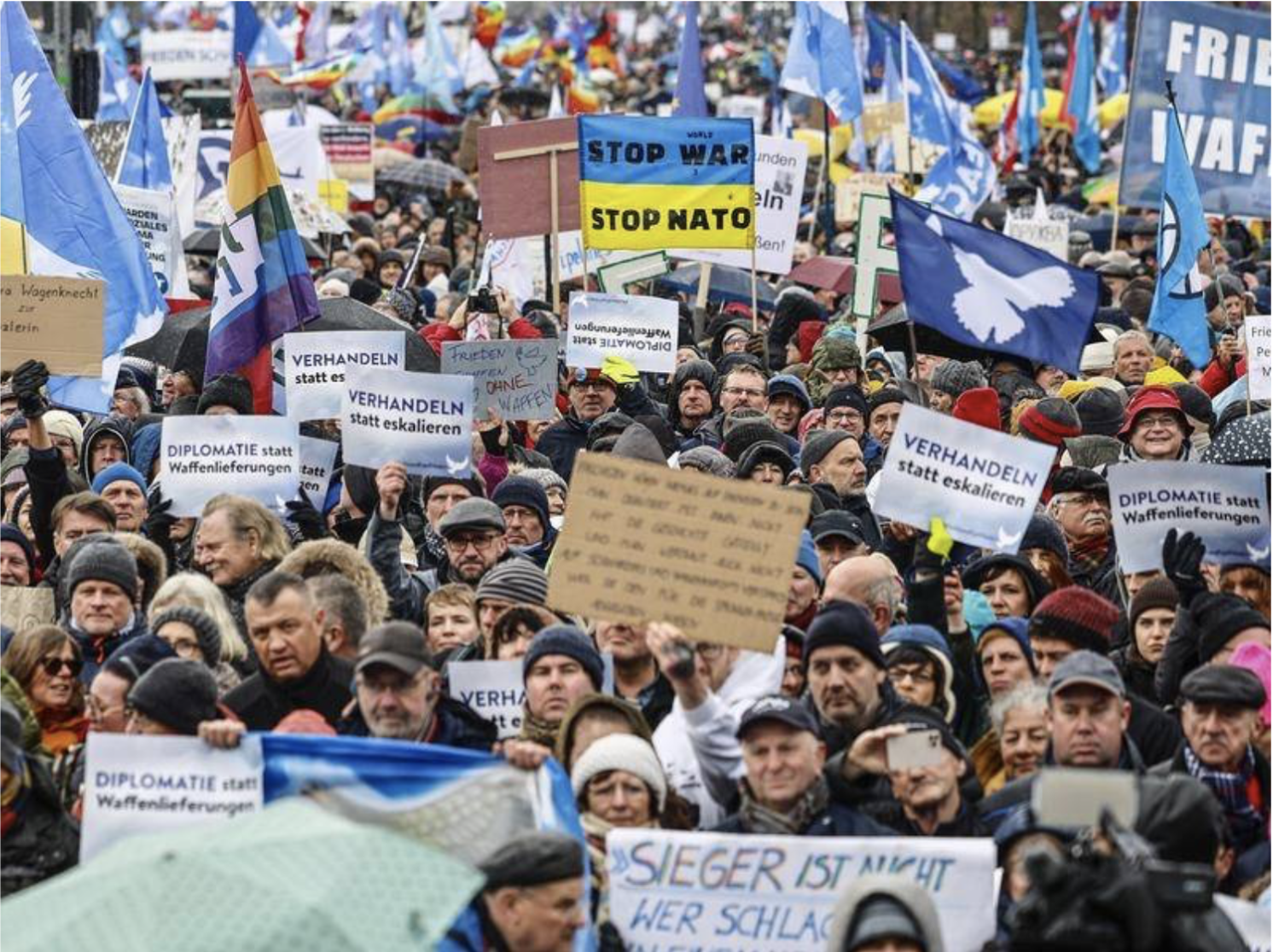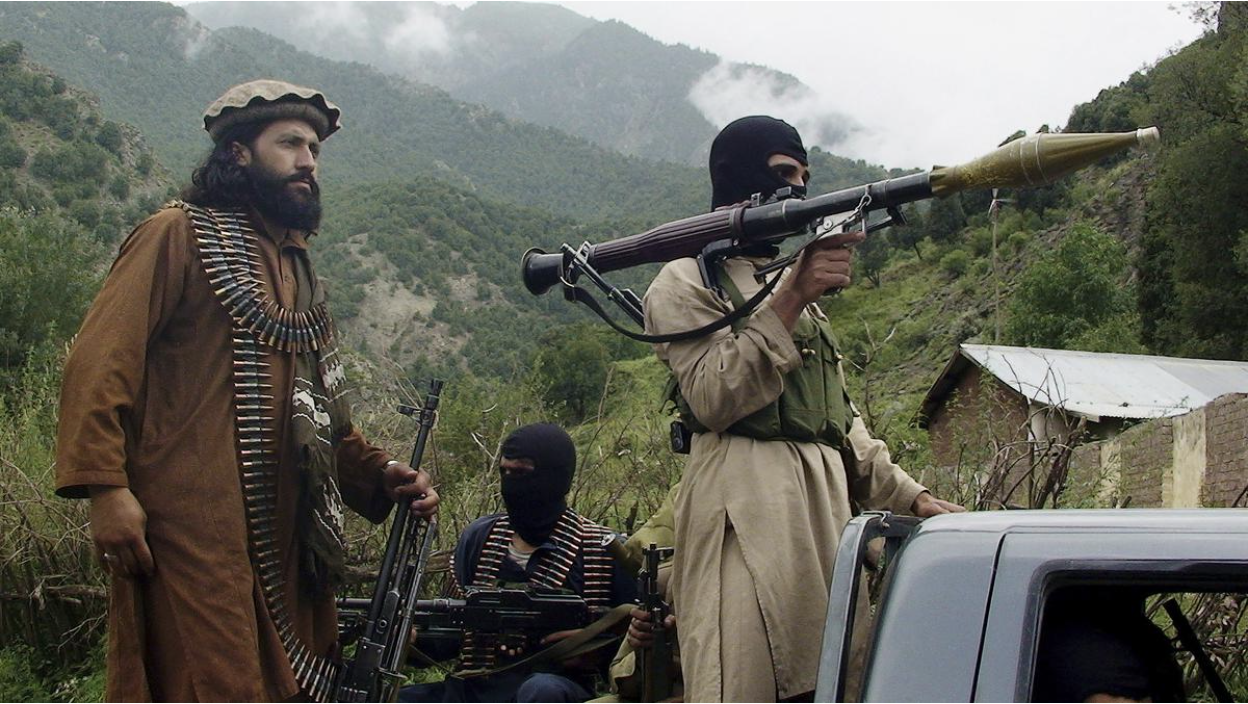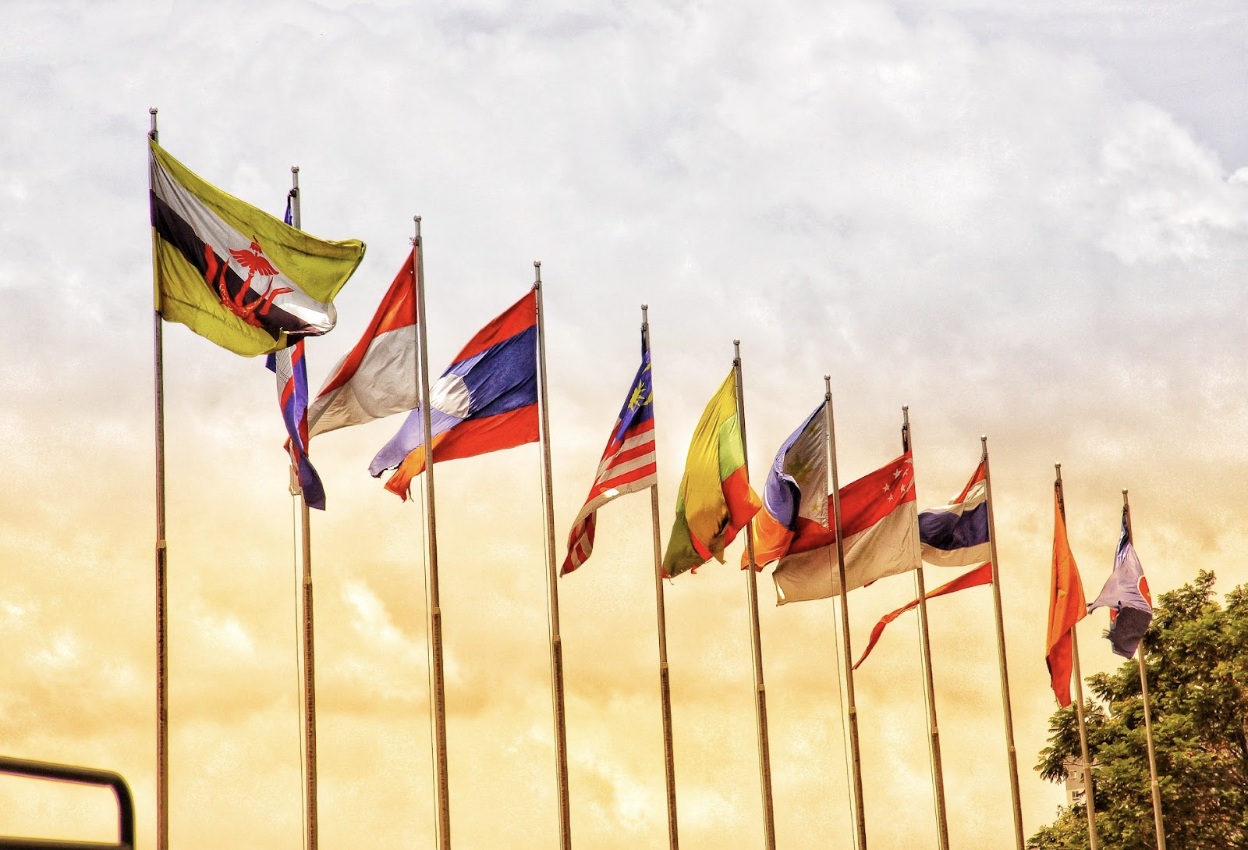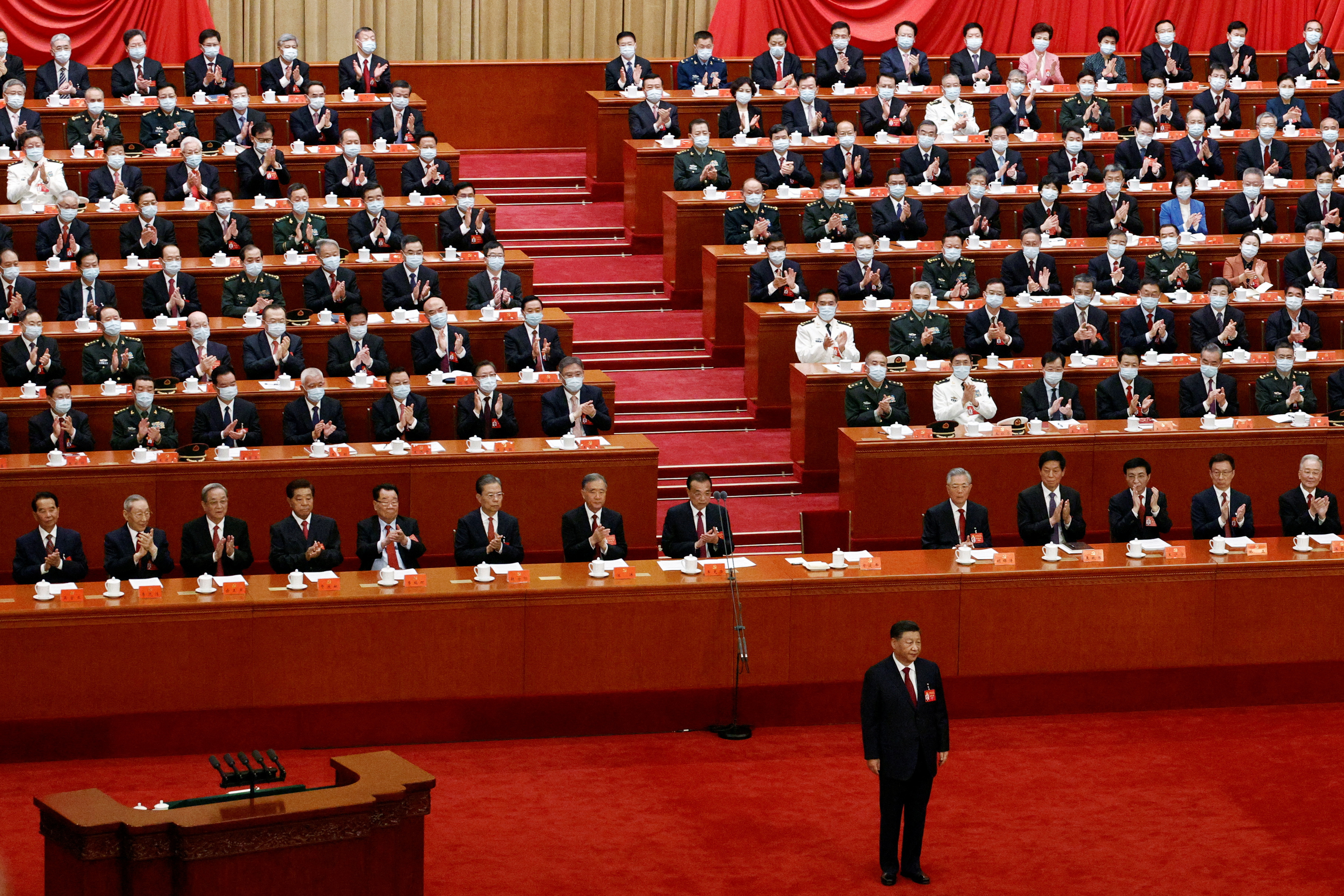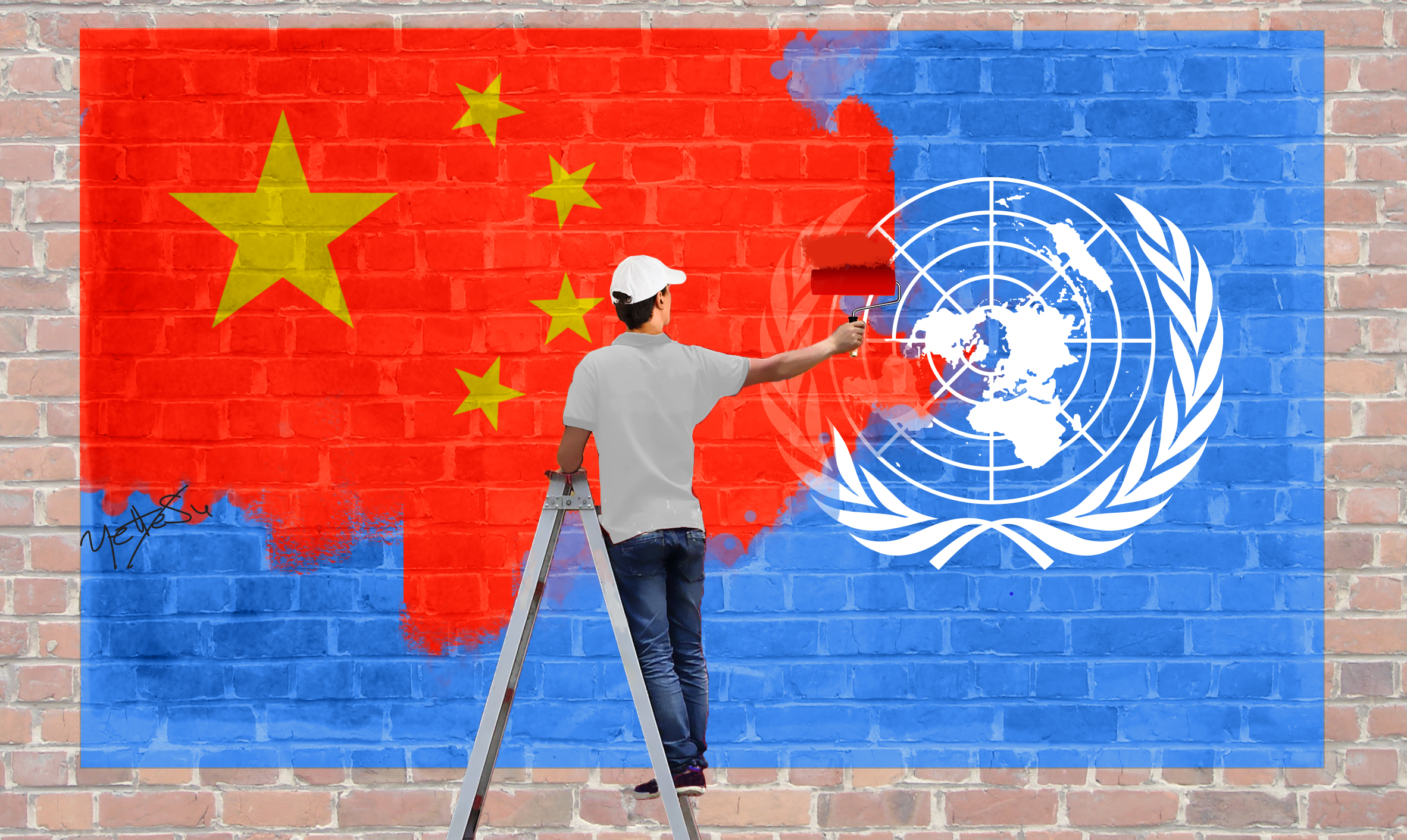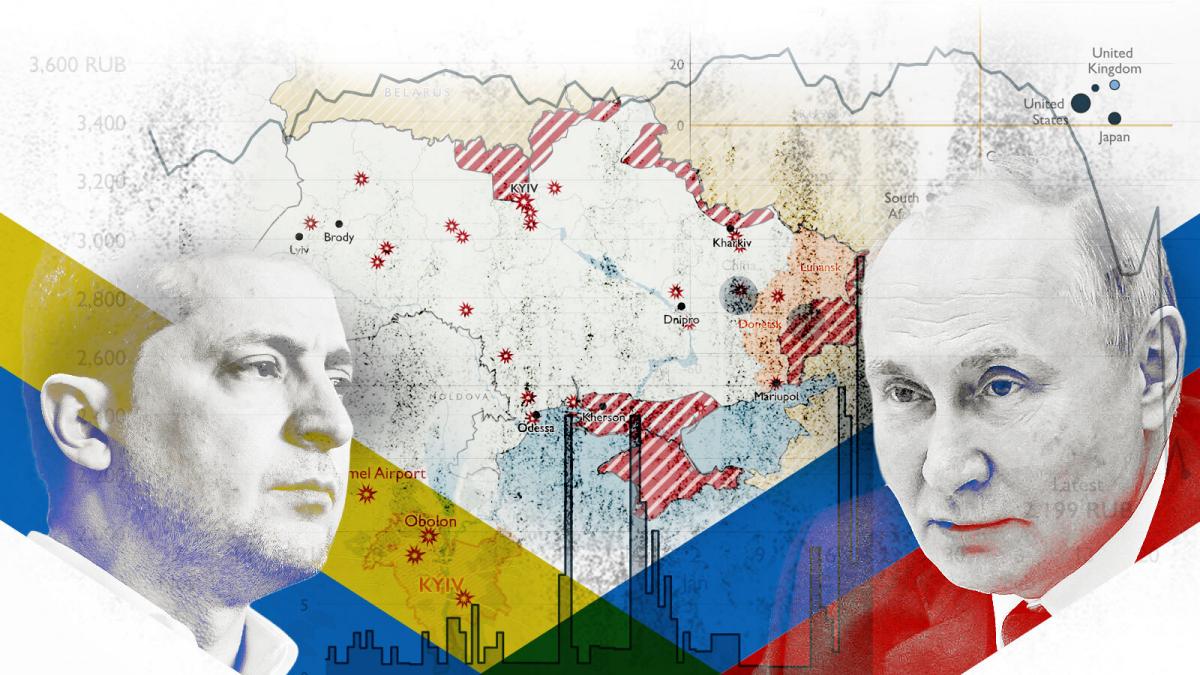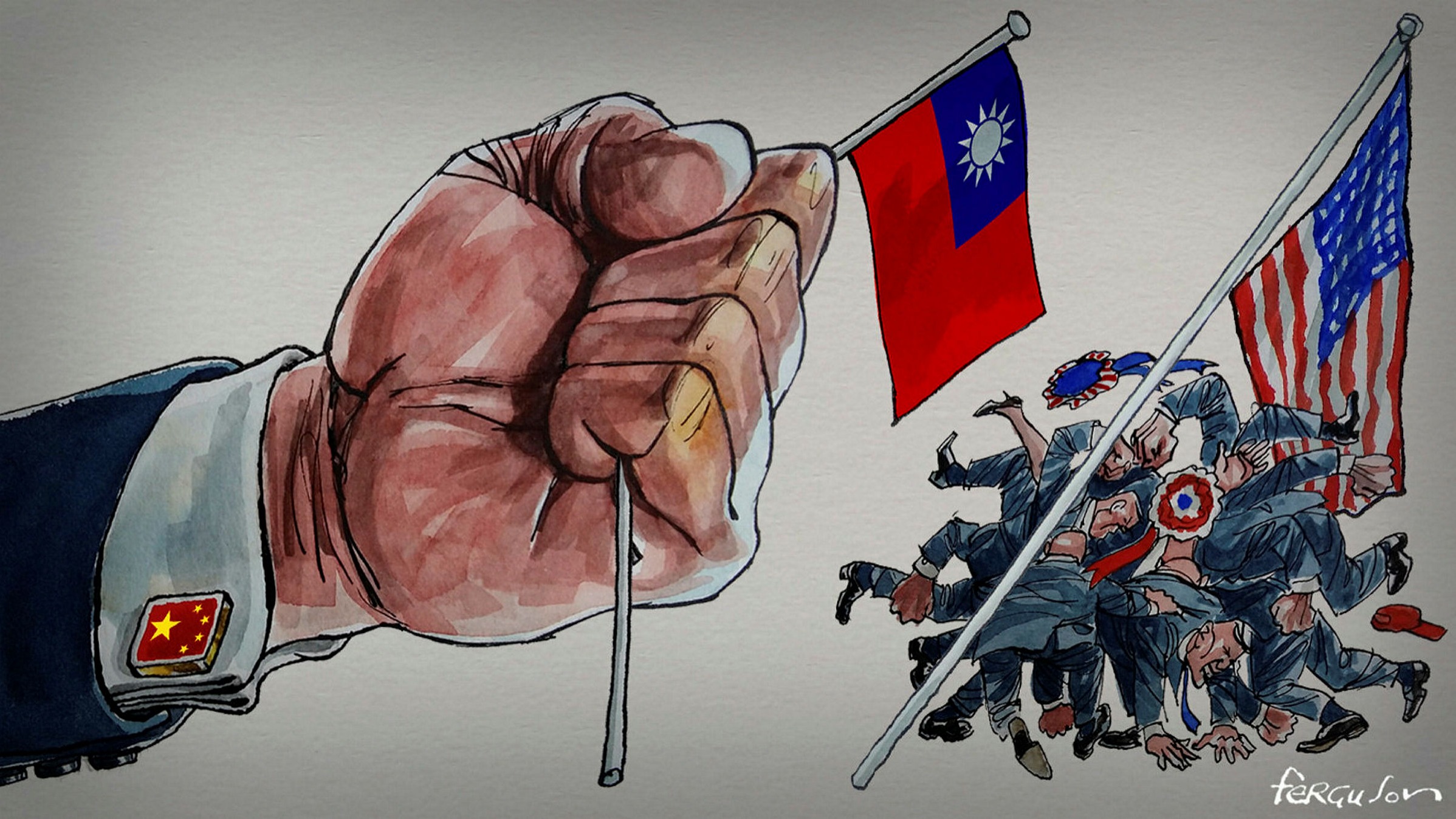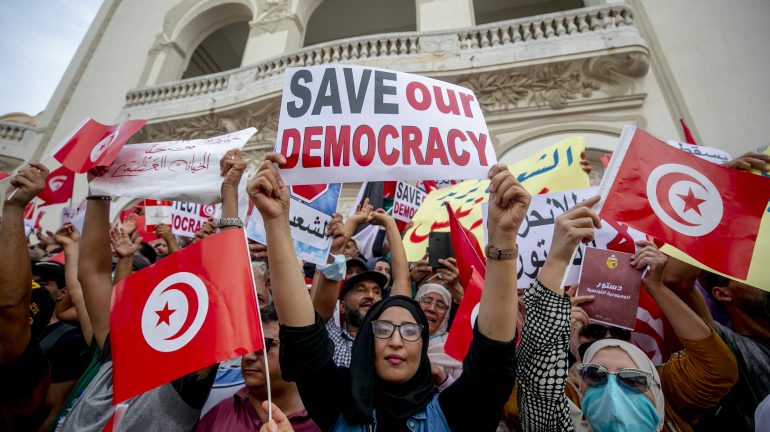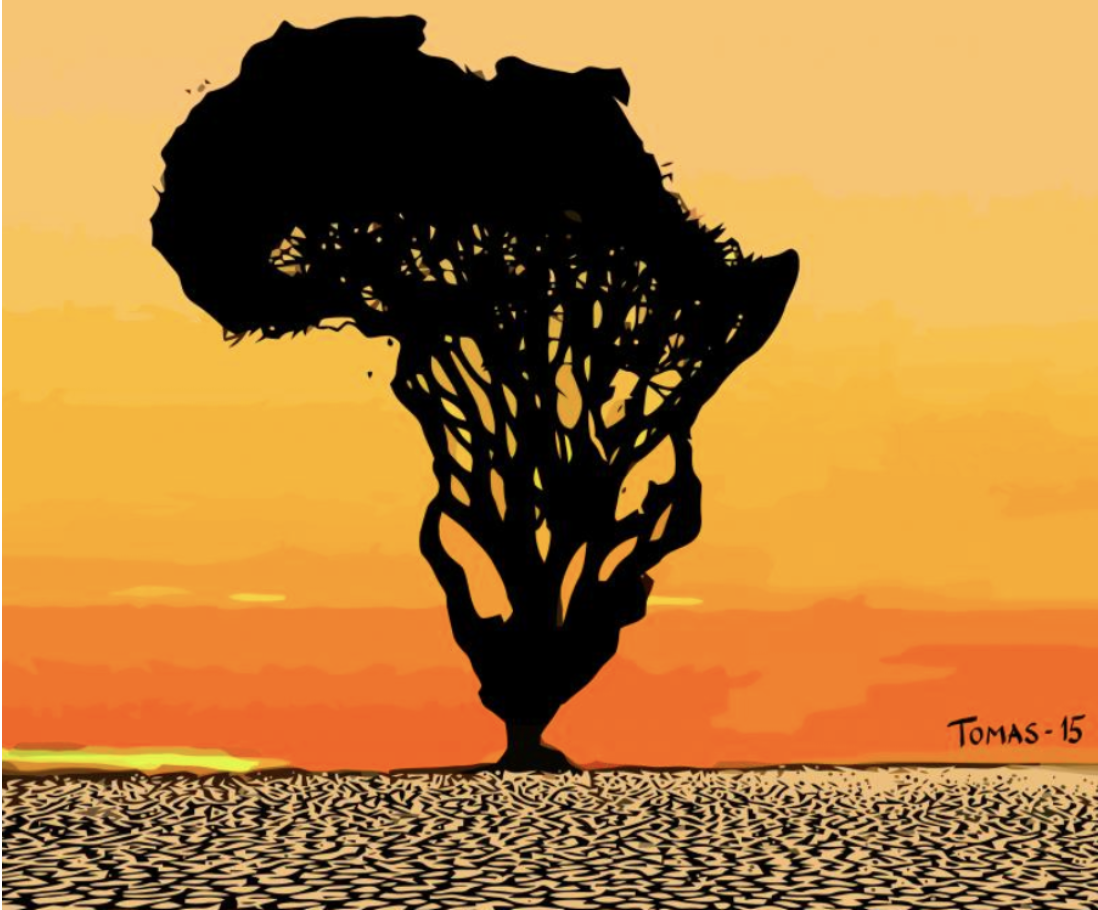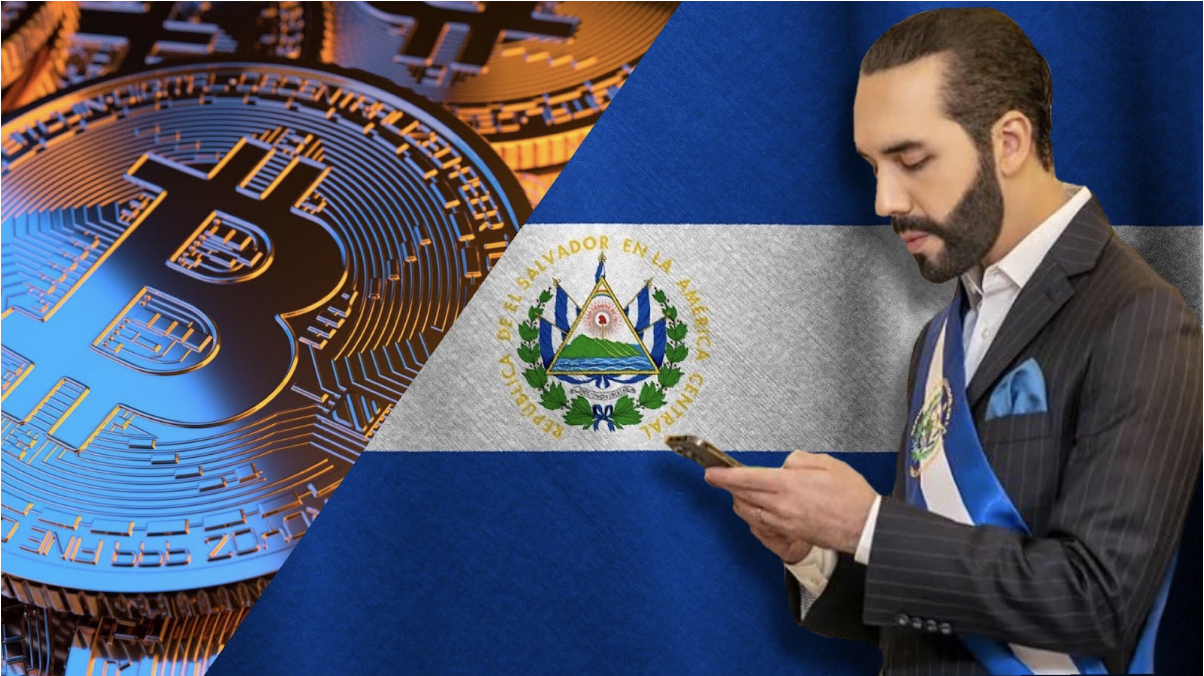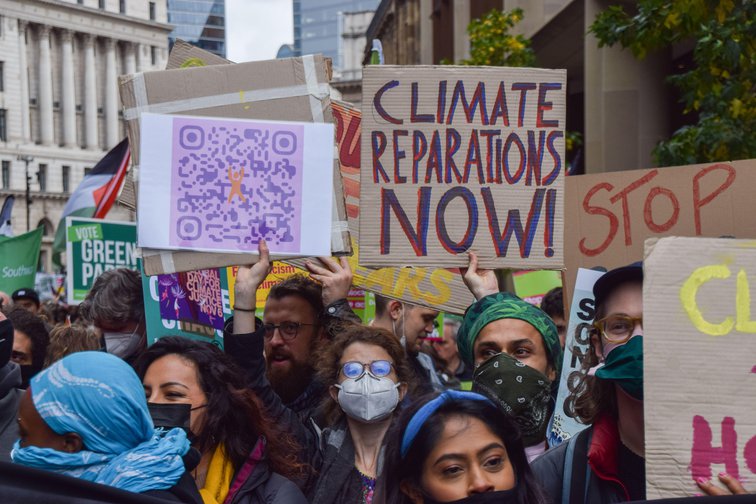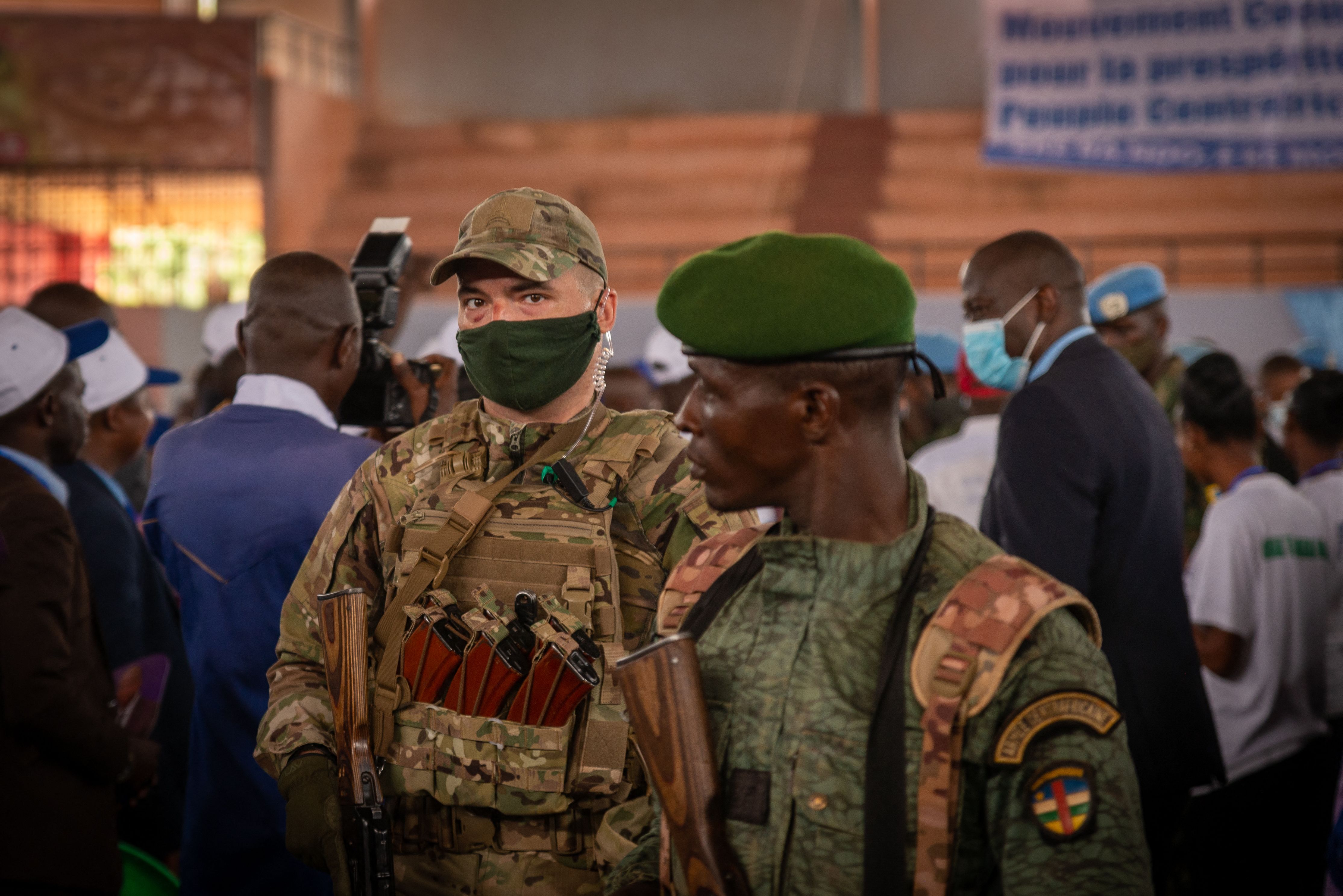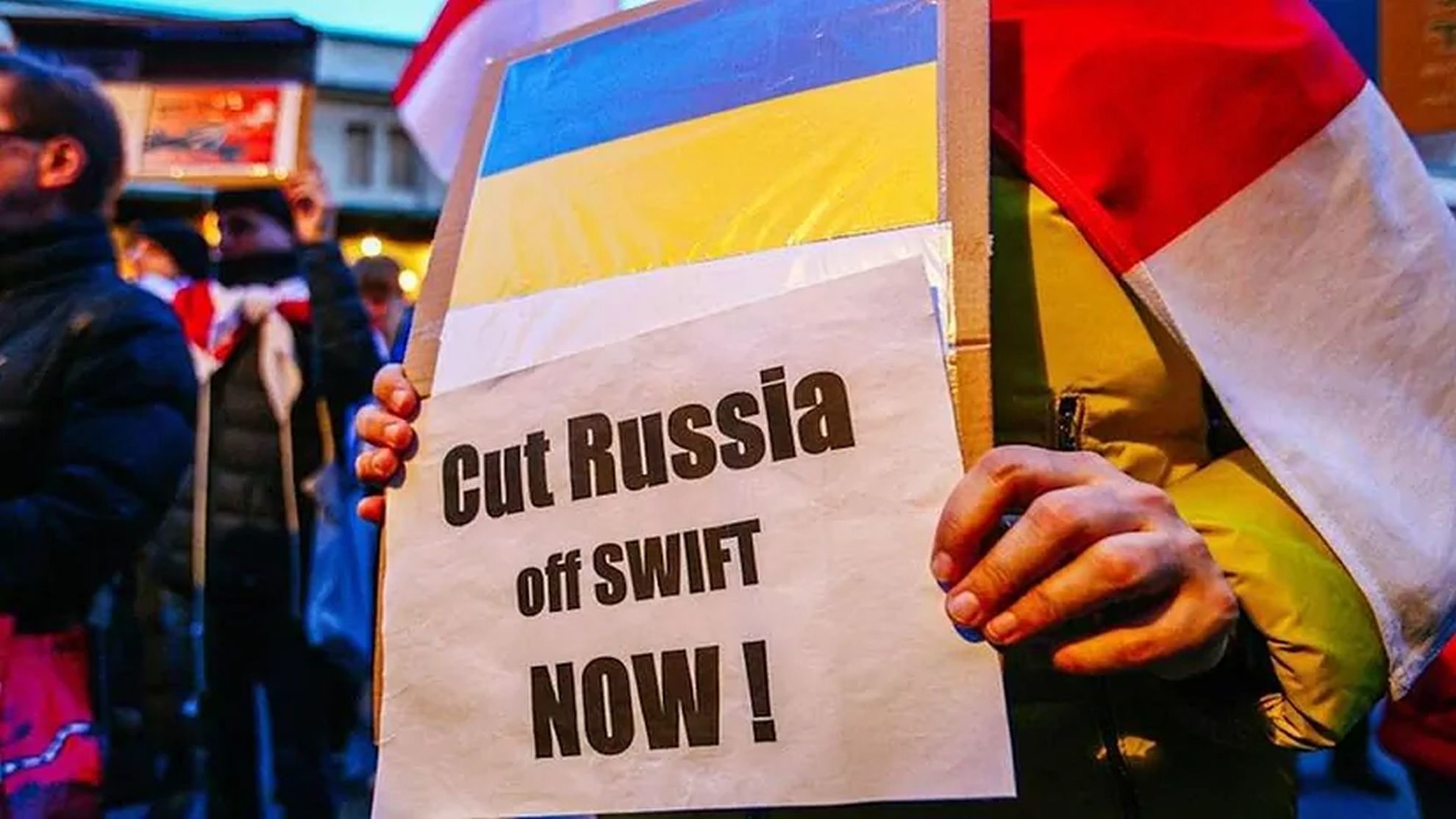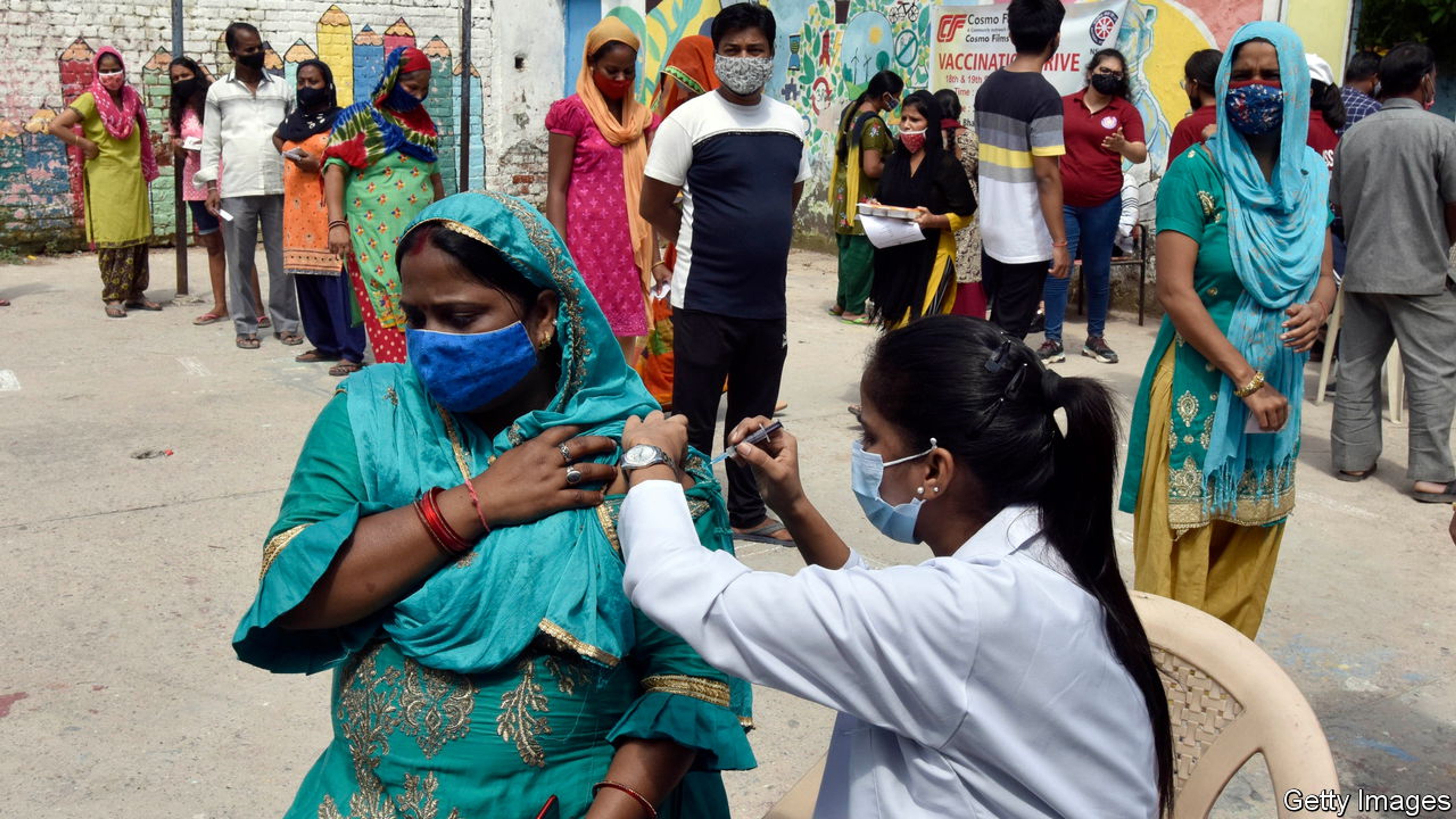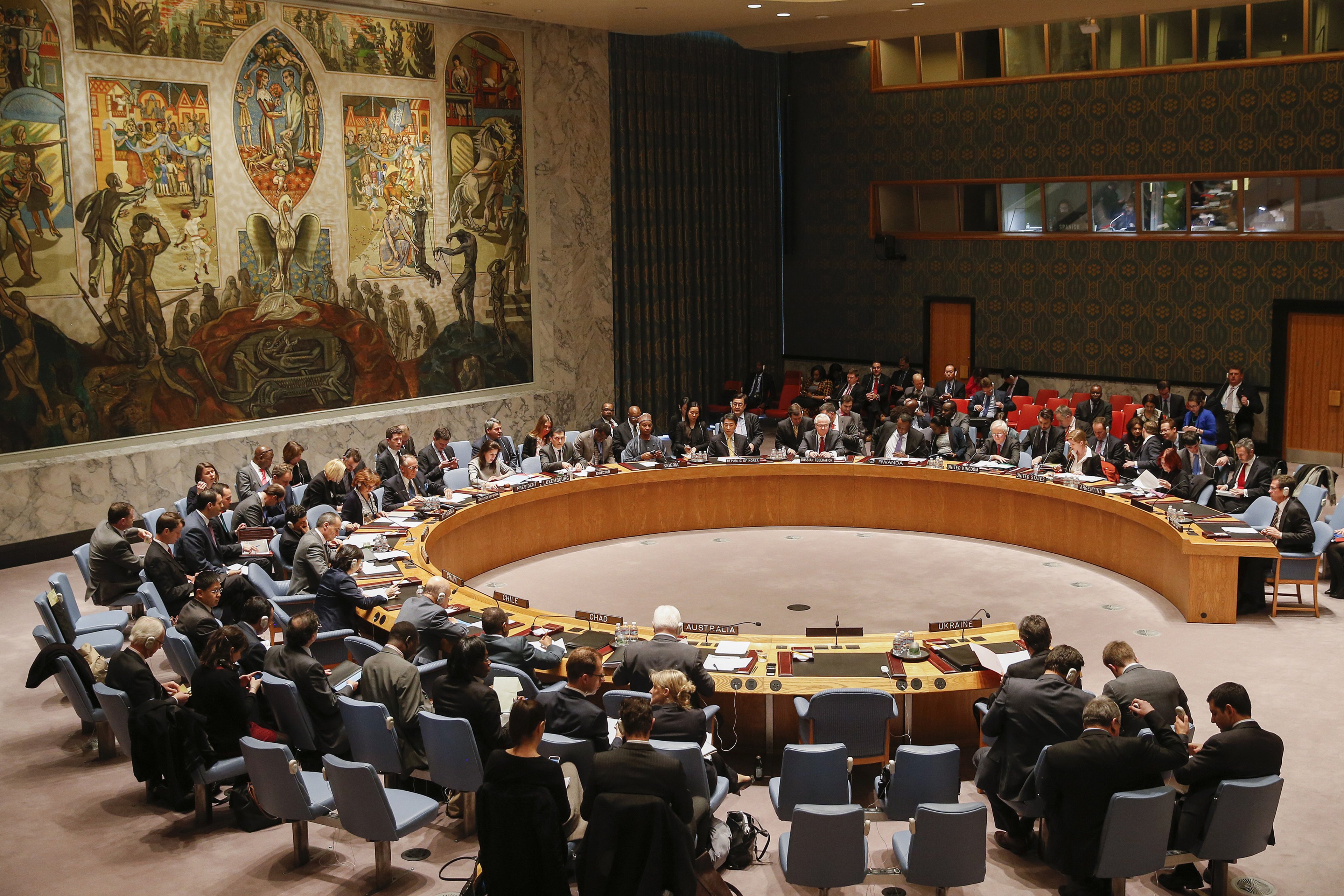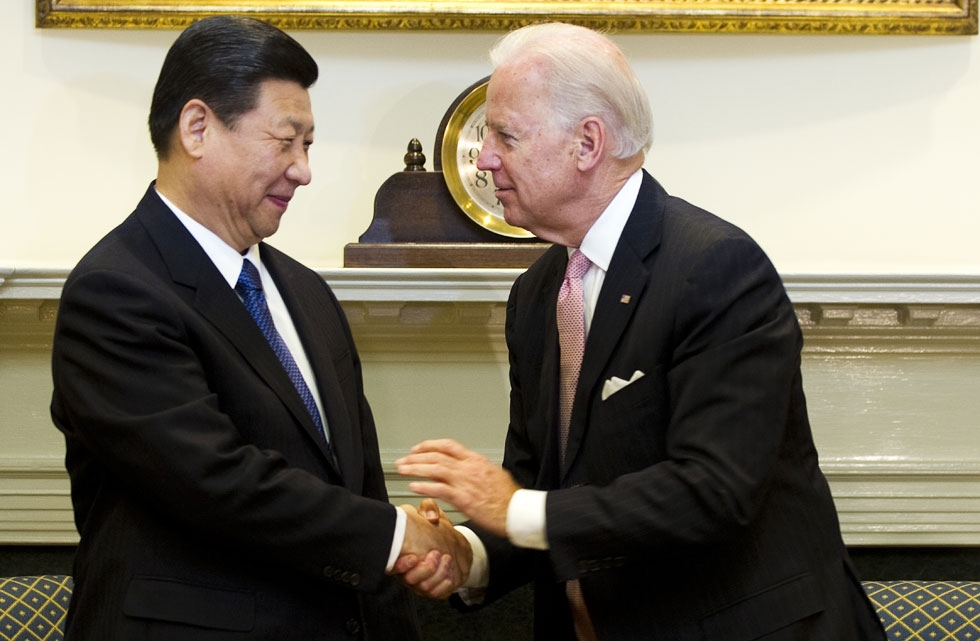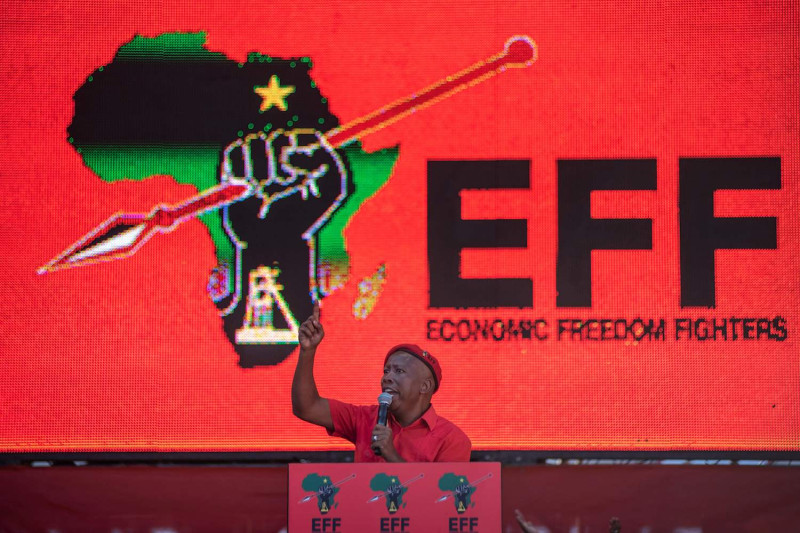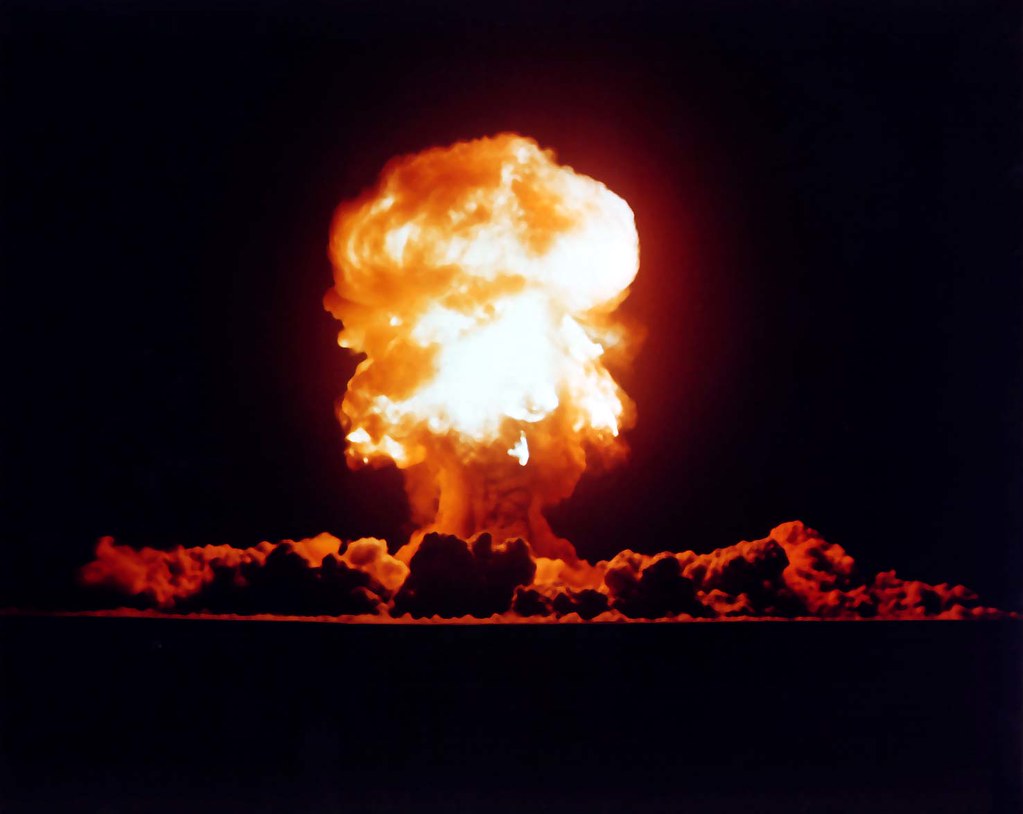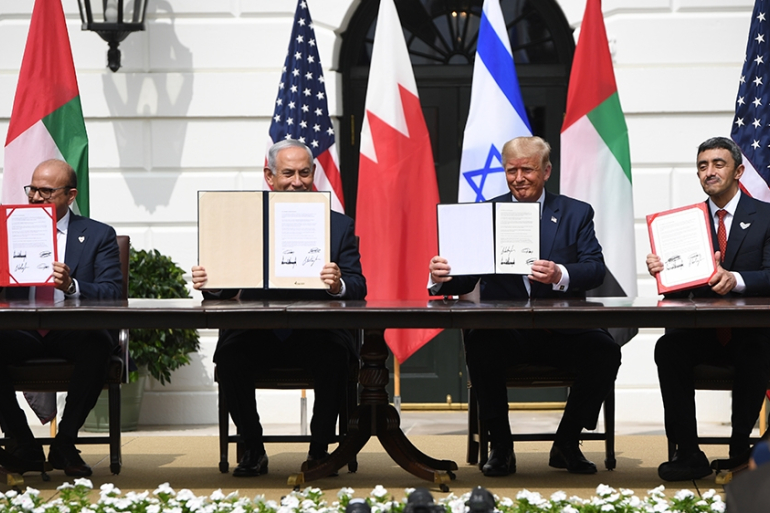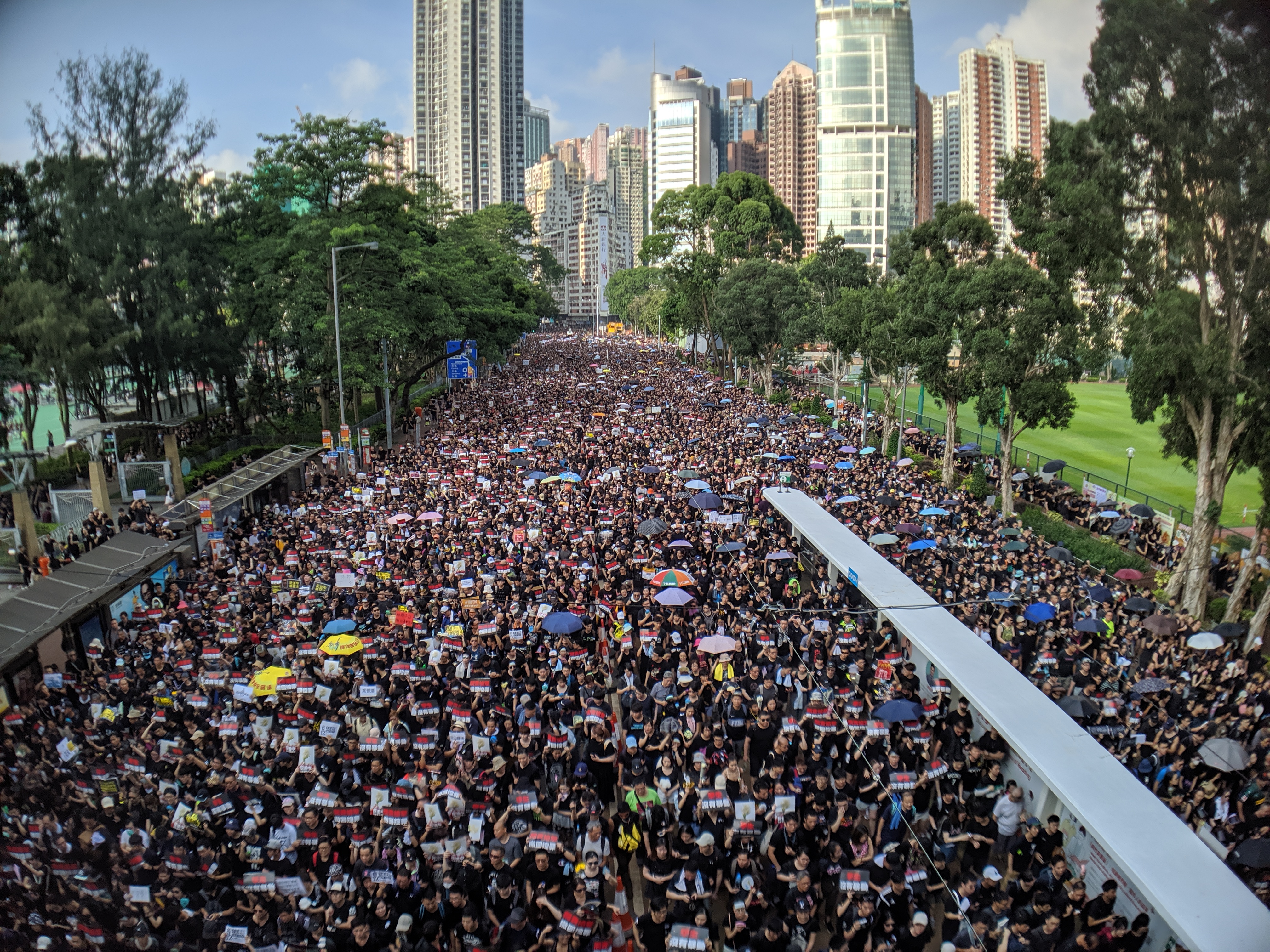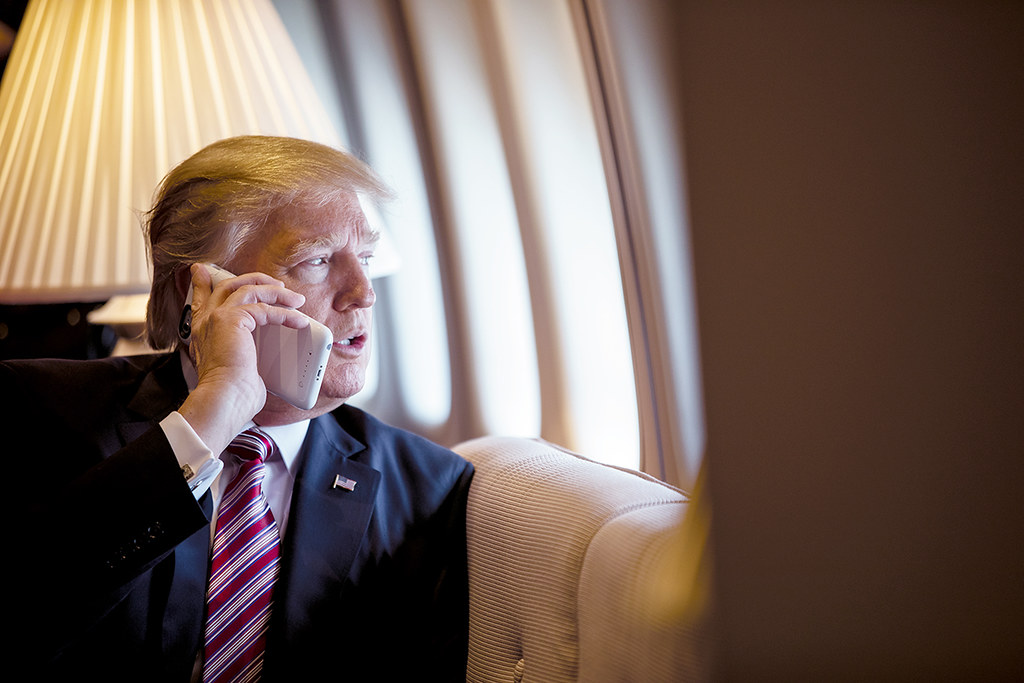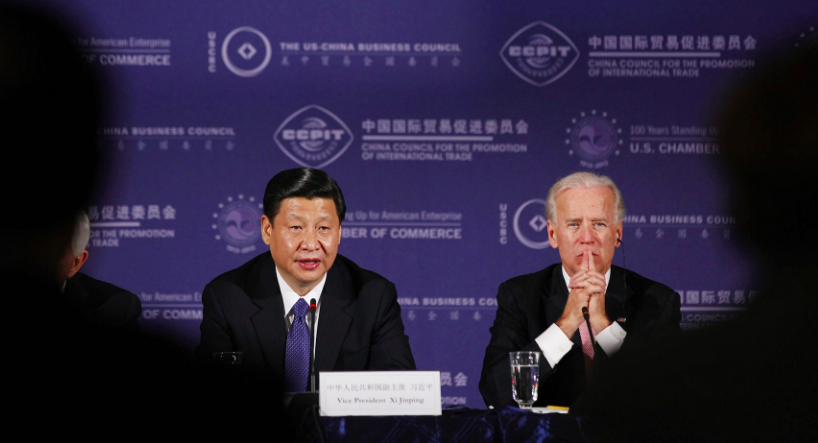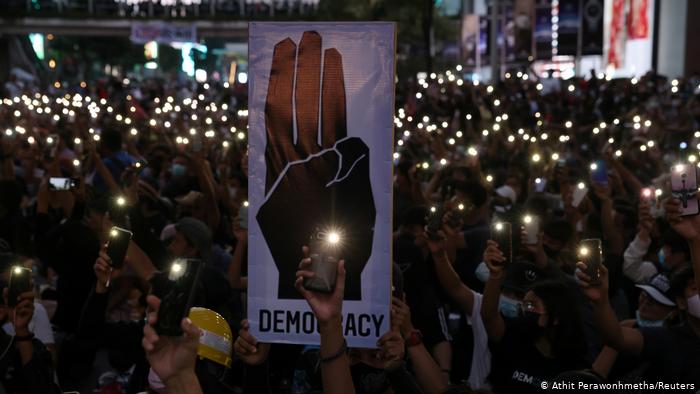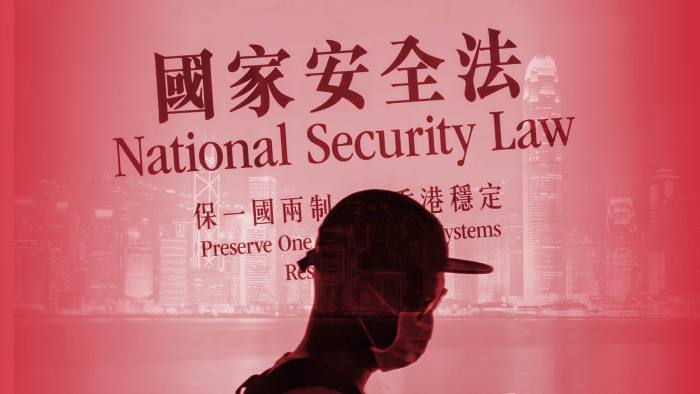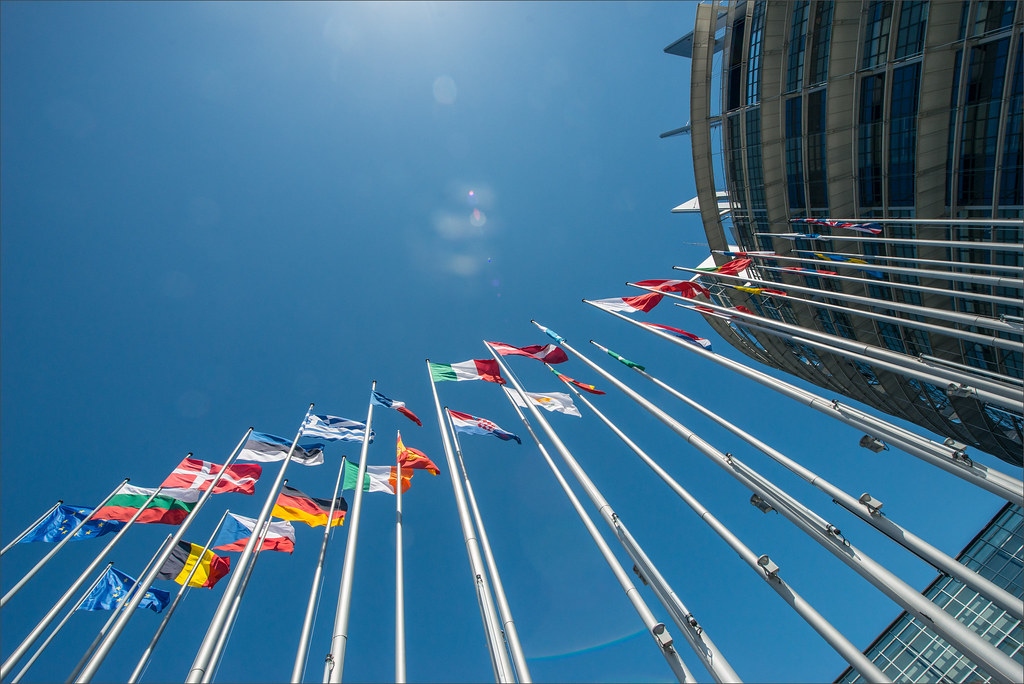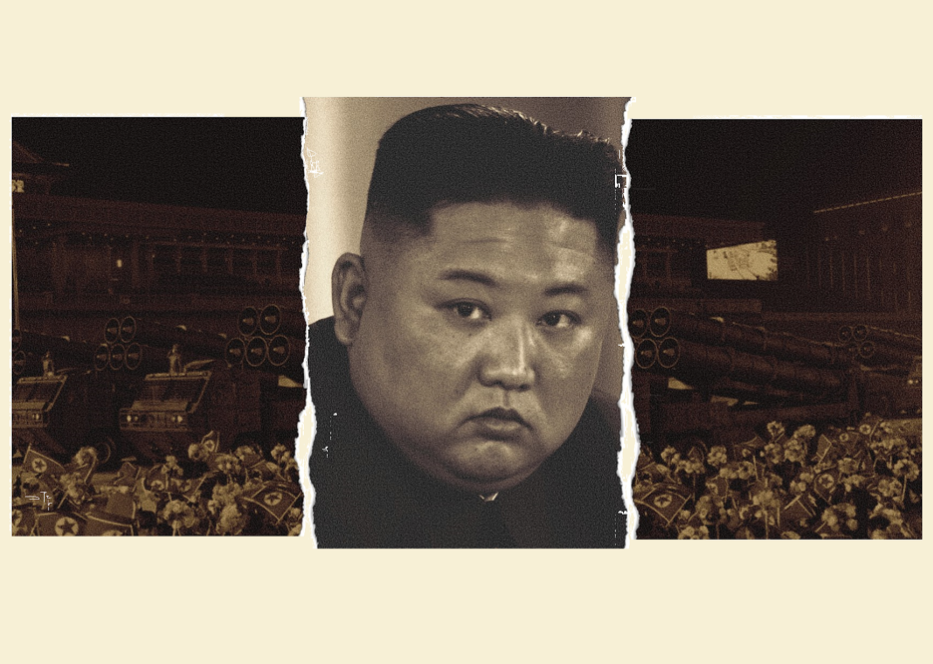World
World
Megan Sandoval, Jan 7, 2026
<p>Through the deployment of religious symbolism and traditional rhetoric, the Russian state has not only institutionalized ideological conformity but has militarized spiritual authority in contemporary war efforts. The close collaboration between the Kremlin and the Russian Orthodox Church (R.O.C.) has perpetuated these mechanisms of power into the 21st century, shaping Russia’s political, cultural, and military landscape. The fusion of Orthodoxy and nationalism functions both a...
World
Jonah Wood, Jan 6, 2026
<p>Anne Applebaum, a well-known writer for The Atlantic, characterized the war in Sudan as a nihilistic civil war between two power-hungry generals left to wreak havoc in the absence of a liberal order . Concurrently, advocates have criticized the all-too-common attitudes that it is “just what happens in Africa”, a tragedy for which most outsiders have too much “compassion fatigue” to pay attention to . Since April 2023, the struggle between the inte...
World
Jonah Wood, Dec 25, 2025
<p><strong>Introduction</strong></p>
<p>In many introductory political science classes, students are taught the concept of the prisoner’s dilemma. Two prisoners are interrogated separately, with the option either to accuse the other or stay silent. If both remain silent, they both receive a short sentence. If both talk, they both receive a medium sentence. Yet if only one talks, they go free, while the accused prisoner receives a long sentence. The less...
World
Matt Storbeck, Dec 21, 2025
<p>On October 20, 2025, many UCLA students woke up to realize that Canvas, the software for accessing and submitting homework, was offline. This was caused by an outage of Amazon Web Services, the largest of the three main cloud computing companies. The outage temporarily disabled many of the websites and platforms hosted on the cloud. This highlights an issue with the internet as a whole: an overreliance on three cloud computing companies. Since so many services are tied to only a few clo...
World
Skye Smith, Dec 21, 2025
<p><strong>Haiti - A Background</strong></p>
<p>Haiti is a small country located in the Caribbean that shares an island with the Dominican Republic . The capital of the country is Port-au-Prince. Haiti has a population of around 11.5 million. It is a semi-presidential republic in which the president acts as the country’s leader and the prime minister reports to the president . However, Haiti has a deep history of political corruption and has failed to s...
World
Charles Xu, Dec 19, 2025
<p>As of 2025, there are 30.5 million people worldwide who are refugees or have refugee-like status according to the United Nations High Commissioner for Refugees (U.N.H.C.R.). The top five countries of origin are Syria, Ukraine, Afghanistan, Sudan, and South Sudan, comprising around two-thirds of the total number of refugees worldwide . While the most common cause of displacement for refugees from all five nations is past or ongoing warfare, the refugees’ reception in their coun...
World
Naiya Sapru, Dec 19, 2025
<p> Increased awareness of abuses and inequalities has recently shifted public attention towards international human rights. The United Nations (U.N.) defines human rights as “rights inherent to all human beings everyone is entitled…without discrimination” . However, this absolute declaration morphs into an abstract ideal when contrasted with the reality of women’s rights globally. While the con...
World
Justin Halprin, Dec 19, 2025
<p>Since its creation in 1993, the European Union (EU) has portrayed itself as a global leader in democracy, transparency, and human rights . Yet, the Union’s position inside today’s deeply interconnected digital world is increasingly at odds with these values. Modern global networks, from financial markets to data routing systems, are dominated by a few powerful states that control critical nodes. This structure creates the principle of “weaponized interdepen...
World
Brendan Connelly, Dec 18, 2025
<p> In July 2024, Labour won a majority in government not seen since Tony Blair in the early 2000s. The election of Keir Starmer’s Labour Government represented a stark contrast to the American reelection of Donald Trump only months later and to the rise of populist figures across Europe. Starmer came to power as the ultimate political technocrat — disciplined, pragmatic, and with continued determination to prove tha...
World
Lily Stone-Bourgeois, Dec 17, 2025
In October 1989, a French middle school expelled three young Muslim girls for refusing to remove their hijabs in school. The event sparked a major debate, eventually leading to a 2004 ban on all conspicuous religious symbols in public schools. In 2010, France became the first European country to ban full-face veils like the burqa and niqab in public spaces . In 2021, centrist French President Emmanuel Macron signed a bill against “Islamist separatism,&rdq...
World
Bulky Smith , Dec 17, 2025
Since becoming President of the United States in January 2025, Donald Trump has dramatically reshaped American foreign policy. Trump has aggressively wielded tariffs against other countries, sparing not even longtime American allies from his efforts to remake the global economic order. He has mused about annexing Canada and declared that the U.S. would “get” Greenland . Many of the beneficiaries of Trump’s second-term foreign policy have been nations ruled ...
World
Richard Colgrove, Dec 16, 2025
<p>When Russian president Vladimir Putin made the decision to escalate the Russo-Ukrainian War with a full-scale invasion of the country on February 24, 2022, he could not have imagined the stalemate that would emerge more than three years later. The Russian advance was intended as a swift decapitation strike to overrun Kyiv and install a more pliable government . Instead, the initial approach to seize Ukraine’s capital was pushed back, allowing Ukrainian forces to entrench thems...
World
Ayaka Darroch, Dec 11, 2025
<p>Across the vast Chinese landscape, concrete jungles of half-finished apartment buildings and eerily quiet ghost cities stretch for miles, a persistent reminder of the housing boom taken too far. For years, real estate symbolized China’s success in driving economic growth, jobs, and local government revenue, but behind the glamor was a fragile system built on speculation and easy debt. This system began decades earlier. After Deng Xiaoping’s market-oriented reforms in...
World
Ravi Gadasally, Dec 11, 2025
<p>The United States of America has been the dominant political and economic world power since the end of World War II. Furthermore, it has benefited not only from the military alliance NATO with nations in Europe but also from strong relationships with transnational organizations like the European Union that share the U.S.’s ideological values of democratic representation, individual liberty, and rule of law. In a world without the uniting force of opposition to the Soviet Union...
World
Dalton Burford, Jun 17, 2025
<p>Since President Trump’s first term, President Nayib Bukele of El Salvador has called the United States “not just a partner but a friend.” At their 2019 bilateral meeting, Trump returned the gesture by praising Bukele’s handling of MS-13, an international gang with close ties to both El Salvador and the U.S. . In recent months, Salvadoran-U.S. relations have been put under the spotlight as the Central American country has become the destination for...
World
Danyal Akhavan, Jun 15, 2025
<p>European leaders continue to painstakingly work towards a ceasefire in Ukraine and reaffirm their commitment to the defense of Ukraine’s sovereignty in the face of Russian aggression. In the Democratic Republic of the Congo (D.R.C.), a very different story is playing out, with European leaders turning a blind eye to Rwanda’s plundering of the country’s natural resources through the ongoing conflict between the Congolese government and M23 rebels, Rwanda&...
World
Alex Zhang, Jun 13, 2025
<p>Russia’s invasion of Ukraine marked a permanent departure from one of the key assumptions underlying Europe’s post-war security architecture. For the first time in seven decades, high-intensity inter-state conflict returned to Europe, a possibility most policymakers had mentally relegated to the continent’s troubled past. In Berlin, the psychological shock was immediate. In a speech to the Bundestag, then-Chancellor Olaf Scholz characterized the moment as a...
World
Dalton Burford, Jun 3, 2025
<p>In recent years, the world has witnessed what Professor Rob Ford of the University of Manchester called “the greatest wave of anti-incumbent voting ever seen” . In 2024, voters turned away incumbent parties in the United States, the United Kingdom, India, Japan, South Africa, and South Korea . Despite some governments changing from right-wing to left-wing, more often than not, these elections empowered the right or saw far-right parties experience historically high l...
World
Matthew Inui, Jun 2, 2025
<p>After eight straight years of fertility rate decline from 1.24 children per woman in 2014 to a record low of 0.74 in 2023, South Korea finds itself in the midst of one of the world’s worst fertility crises. In 2024, South Korea’s fertility rate increased to 0.75, the first rise the country has seen in nearly a decade . Despite this improvement, South Korea’s fertility rate remains far below the 2.1 benchmark generally needed for a stable population, spellin...
World
Anna Kim, May 28, 2025
<p>Widely considered one of the greatest third-wave democratic successes, South Korea has recently come under intense international scrutiny following the impeachment of former President Yoon Suk Yeol. Though shocking, Yoon’s declaration of martial law in December 2024 is merely a symptom of longstanding South Korean political corruption, marked by impeachments, incarcerations, coups, and suicides. The country’s fraught history reveals structural entanglements between S...
World
Kate Ferenchick, May 6, 2025
<p>In recent years, Germany has witnessed a notable surge in the popularity of the right-wing populist party Alternative für Deutschland (AfD). The party’s rise has been successful largely due to the German electorate’s dissatisfaction with mainstream political parties, concerns over immigration, and economic insecurities. As AfD continues to gain ground, it presents significant challenges to democracy and appears to foster growing partisanship in Germany.<b...
World
Lily Haylett, Apr 22, 2025
<p>In the heart of Hong Kong, amidst the pulse of a vibrant city, a hidden world is tucked away from plain sight—one of cramped, dingy cubicles lining neon-lit corridors. Each space is smaller than a prison cell, too small to be customized much: a photo frame here and there or a toy for comfort. Its residents are densely crammed together, separated by a paper-thin wall that affords little to no privacy, and are left inhaling stale air throughout the sweltering summers. This is th...
World
Anis Pruscini, Apr 11, 2025
<p>In recent years, Germany’s economy has slowly eroded, with average GDP growth forecasted to decrease to only 0.3 percent for 2025, significantly lower than its European counterparts . This lies in contrast to their robust economic growth rate of 2.2 percent from a decade prior . In addition, the industrial manufacturing that was once the backbone of the German economy has been steadily declining, with there having been a 10 percent reduction in industrial output in Germany in ...
World
Emma Quirk, Apr 7, 2025
<p>During the Cold War, top officials in Washington feared war between China and the Soviet Union . But since the Soviet Union’s fall, Russia and China have increasingly collaborated with the shared interest of undermining American hegemony. The Russo-Ukrainian War has brought China and Russia’s alliance into the spotlight, as the West’s support of Ukraine strengthened partnerships between the two countries. While the West’s efforts weakened the Russ...
World
Basile Maïza, Mar 26, 2025
On December 8, 2024, the rebel group Hayat Tahrir al-Sham (HTS) and its allies overthrew the regime of then-Syrian President Bashar al-Assad. The regime change marked the end of forty-five years of repressive rule by the al-Assad family and fourteen years of civil war . Assad was granted asylum in Russia, one of his key allies throughout the war . His fall was met with great jubilation as thousands of political prisoners were released from regime jails and reunited with their families . However,...
World
Jordan Lombardi, Mar 18, 2025
<p>From Canada to Europe and even as far as East Asia, right-wing governments are gaining momentum amid a broader wave of political upheaval reshaping governments worldwide.</p>
<p>Nowhere is this shift more evident than in the Group of Seven (G7), an informal bloc of industrialized liberal democracies including Canada, France, Germany, Italy, Japan, the United Kingdom, and the United States that meets annually to discuss major global issues such as trade, economics, and, re...
World
Christopher Borgen, Mar 18, 2025
“Out with all of them,” Argentine President Javier Milei exclaimed in another one of his tirades against the political elite in Argentina—a message indicating the drastic change he sought to bring . Elected in 2023, President Javier Milei has worked to fix the economy with his radical “anarcho-capitalist” reforms. His fiscal policies have faced notable backlash due to their radical approach and apparent disregard for economic growth. Nonetheless, his plans remain th...
World
Nirvaan Singla, Feb 1, 2025
<h2>Regional Economic Outlook: Not very encouraging.</h2>
<p> </p>
<p>Sub-Saharan Africa (SSA) is one of the poorest regions in the world today, with low rates of economic growth and industrialization relative to emerging markets and developing economies in other regions across the globe. Indeed, it features the largest proportion of people living in poverty in the world . In 2018, the average per capita gross domestic product (GDP) of SSA countries w...
World
Kate Ferenchick, Jan 14, 2025
<p>In 1949, the North Atlantic Treaty Organization (NATO) was formed to combat threats from the Soviet Union. While the USSR has since dissolved, the organization has shifted to protecting its members against Russia. NATO’s mission statement is to “safeguard the freedom and security of all its members” through military and political action, and the organization has proven itself reliable before, invoking the notable article 5 after the 9/11 terrorist attacks ....
World
Alex Zhang, Jan 14, 2025
<p>In late October 2024, nearly one thousand days after launching the illegal invasion of Ukraine, Russian President Vladimir Putin triumphantly welcomed thirty-six heads of state to the annual BRICS summit in Moscow in spite of the concerted attempts by America and its allies to cripple Russia’s economy through sanctions and diminish its military capabilities via aid to Ukraine . BRICS—a cohort of predominantly populous and industrializing nations—is an acron...
World
Henry Pratt, Jan 12, 2025
Extreme climatic events have long been a defining feature of the Sahel region of Africa. In the past century alone, Sahelian nations—comprising much of Burkina Faso, Niger, Mali, Chad, and Nigeria—have experienced droughts and famines, killing 100,000 civilians just in the 1970s . While horrifying, there is another cause for international concern regarding the Sahel that has not received adequate attention and care. In the last 15 years, transnational terrorism in the Sahel has skyro...
World
Gary Xu, Dec 27, 2024
<p>“Have you ever applied for Chinese citizenship? Have you ever been a member of the Chinese Communist Party? Have you ever been affiliated or associated with the Chinese Communist Party?” The series of questions came from U.S. Senator Tom Cotton’s relentless grilling of ByteDance CEO Shou Zi Chew during a Senate hearing. The series of stark questions, echoing geopolitical distrust, encapsulates the broader debate over ByteDance's role in the clash be...
World
Anika Ganesh, Dec 16, 2024
<p>In February 2021, the Tatmadaw, Myanmar’s armed forces, overthrew Myanmar’s democratically elected government. Threatened by increasing democratization and liberalization in Myanmar, the Tatmadaw supplanted Myanmar’s government in an attempt to retain military power. After the most recent brutal coup, the Tatmadaw established a military junta. The junta plunged Myanmar back into a familiar cycle of authoritarianism, marking the renewal of a period of chaoti...
World
Christopher Borgen, Dec 16, 2024
<p><em>Gang members fix their weapons in Cité Soleil Slum in Port-au-Prince, Haiti, Tuesday, May 28, 2019. (<a href="https://haitiantimes.com/2022/09/15/arms-smuggling-fuels-gang-violence-in-port-au-prince%ef%bf%bc/">Photo/Dieu Nalio Chery</a>)</em></p>
<p> </p>
<p>Haiti is currently in a state of anarchy. Gangs control the majority of the capital, Port-au-Prince, with some estimates claiming that as much a...
World
Anis Pruscini, Dec 14, 2024
<h2>Background</h2>
<p> </p>
<p>In the midst of a serious security crisis, Burkina Faso finds itself entangled in a power struggle between Western and Eastern influences, with France and Russia as the primary contenders. Ever since the mysterious killing of popular leader Thomas Sankara in the 1980s— for which French involvement has always been suspected —Burkina Faso has undergone periods of both oppressive dictatorship and remark...
World
Basile Maïza, Dec 14, 2024
<p>On September 29, 2024, the Freedom Party of Austria (FPÖ), came out ahead in the country’s parliamentary election after receiving twenty-nine percent of the vote, the highest in the party’s history. In 2019, the FPÖ had won only fifteen percent of the vote. Voter turnout was high, with close to eighty percent of eligible citizens casting a ballot .</p>
<p> </p>
<p>The 2019 election was called in an emergency fo...
World
Richard Colgrove, Dec 12, 2024
Eighty years ago, Japan was a nation locked in a titanic struggle for the survival of its fledgling empire stretching from Indonesia to northern China. Its society had been nearly totally upended by the arrival of Europeans and Americans intent on carving up Asia into distinct spheres of influence. Japan’s rapid transformation and military buildup, unexpected victory against Russia, and ambitions toward parity with European powers gradually lit the spark of the Pacific War. Despite tenacio...
World
Delilah Hirshland, Dec 8, 2024
<p>On October 1, 2024, Mexico swore in its first female president: Claudia Sheinbaum. She won by a landslide victory, with the largest number of votes of any candidate in Mexican history . Sheinbaum, the former mayor of Mexico City, has long been a loyal ally and mentee of Mexico’s former president, Andrés Manuel López Obrador (AMLO). Running with the country’s largest left-wing party, Morena, Sheinbaum has been hailed by political forces both dome...
World
Kavin Ganesan, Nov 30, 2024
The ongoing Sudanese civil war has caused one of this decade’s worst humanitarian crises. Millions of civilians have been caught in the crossfire between two warring factions, and indiscriminate violence has displaced over 11 million people . In Darfur, the Rapid Support Forces (R.S.F.) have been accused of systematically targeting Black non-Arab residents, raising fears of genocide. Meanwhile, the Sudanese Armed Forces (S.A.F.) have conducted devastating airstrikes on urban areas, endange...
World
Sophie Nerine, Jul 14, 2024
<p>In name, at least, the peace in North Ireland has persisted since the Good Friday Agreement. However, the core issues at the heart of the period known as “the Troubles” have not been resolved, resulting in legacies of violence, colonialism, and religious division. The subsequent complacency and misguided efforts towards reconciliation by the states involved have contributed to an absence of justice and continuing historical rifts between the predominantly Catholic na...
World
Dalton Burford, Jul 14, 2024
<p>As global political alignments shift and solidify, Latin America has become a particularly contested arena caught between the economic and political visions of the U.S. and China. Within this context, the Russian invasion of Ukraine has offered an opportunity to observe how the nations of Latin America navigate international disputes with weighty formal and informal alliances on either side of the political spectrum. Brazil is a particularly important example of this phenomenon as the m...
World
Amelia Cataldi, Jul 14, 2024
<p>Russian interference in the 2016 United States Presidential Election proved that foreign influence can threaten the fabric of our democracy. Both Special Counsel Robert Mueller and the U.S. Senate Committee on Intelligence found that Russia conducted an extensive campaign, involving efforts ranging from hacking confidential email servers to the use of bots to spread misinformation on social media, all in an effort to help Donald Trump win the election. Many of the people closest to Trum...
World
Rachel Jos, Jul 5, 2024
Walking into a local grocery store, you would not expect to see corrosive materials such as highly concentrated hydrochloric and sulfuric acids stocked on the shelves. These deadly substances, branded as necessary cleaning agents, are easily accessible and cheap in many stores in India. Yet, these “cleaning agents” are strong enough to melt down human skin and bone. Unsurprisingly, malicious predators fueled by misogyny use these acids to target women. Feeling angered by their advanc...
World
Daniel Judd, Jul 4, 2024
Introduction
Since 2011, Ethiopia has built a dam creating a reservoir that will eventually hold almost double the water of Lake Tahoe . Recently, Egypt and Ethiopia have been in heated debates regarding Ethiopia’s building of the Grand Ethiopian Renaissance Dam (GERD) on the upper Nile River. Fears have risen about an escalation of this conflict between the two nations which could turn bloody very quickly and could have significant effects on the livelihoods of millions. The GERD is a ...
World
Christina Panossian, Jun 30, 2024
<p><em>The streets of Hamra, where my mom grew up. Source: Christina Panossian</em></p>
<p> </p>
<p>Lebanon – a country with 33.12 billion USD loss in national GDP between 2018 and 2022 , 10.51 percent interest rates , 283.2 percent gross debt , a growing annual inflation rate of 171.2 percent in 2022 , and a 98 percent decrease in value of the Lebanese pound .</p>
<p> &...
World
Lizzie Su, Jun 29, 2024
<p>In a first-of-its-kind summit in April this year, U.S. President Joe Biden met with the leaders of Japan and the Philippines to discuss military ties and alliance commitments.This trilateral summit underscores the growing integration of the U.S. alliance network in the Indo-Pacific region . In the region, the U.S. has placed significant emphasis on Northeast Asia, forming strong bilateral ties with South Korea, Japan, and Taiwan. Yet, with an increasingly dominant China, the U.S. recogn...
World
Aadit Pareek, Jun 24, 2024
<p>Since Russia invaded Ukraine two years ago, observers around the world have become increasingly wary of a, supposedly, impending Chinese invasion of Taiwan. The U.S. went so far as to amend its foreign policy regarding Taiwan; President Biden vowed that the U.S. would defend Taiwan in the event of an invasion by China, seemingly ending the U.S.’ decades-long policy of strategic ambiguity regarding a potential war between the two. This ostensible policy shift, as well as Vladim...
World
Anna Kim, Jun 23, 2024
<p>Currency devaluation is a double-edged sword—providing nations with an opportunity for economic growth or a potential plunge into disaster—which China currently faces as domestic and international tensions rise. Economists predict a massive devaluation of China’s national currency as gold and oil investments soar and the strength of the U.S. dollar threatens to launch a currency war. The devaluation of the yuan would be a nuclear option, especially consider...
World
Stephanie Seo, Jun 23, 2024
In February 2024, Nayib Bukele of El Salvador won the presidential election with a decisive 84.7 percent of the vote. However, this would be Bukele’s second consecutive presidential term, and the El Salvadoran Constitution explicitly prohibits an individual from holding the office of the President for any day longer than a five year period at a time. His reelection clearly goes against the Constitution. What is happening in El Salvador?
It all has to do with his style of...
World
Amelia Cataldi, Jun 7, 2024
<p><strong>NOTE:</strong> Since this article was completed in early April 2024, President Biden signed a bill into law that provides security assistance and aid to both Ukraine and Taiwan. In doing this, the United States both reaffirmed its support for both countries and acknowledged the similar position they are in. It also indicates that the United States recognizes that its actions in Ukraine are relevant to broader international situations, which is a central argument of t...
World
Daniel Judd, May 15, 2024
<p>In 1999, the Philippines Navy intentionally grounded one of their navy ships, the BRP Sierra Madre onto a small shoal, known as the Second Thomas Shoal in the South China Sea out of frustrations regarding territorial disputes with the People’s Republic of China (PRC). Just four years earlier, in 1995, the PRC took control of Mischief Reef, a neighboring geographical feature within the same island chain of the Spratly Islands . In the past few decades, the Spratly Islands have ...
World
Charlotte Chan, May 10, 2024
On January 1st 2024, the historical feud in the Horn of Africa between Somalia and Ethiopia woke from its temporary hibernation when Ethiopia signed onto a Memorandum of Understanding (MOU) – a type of nonbinding agreement between two parties – with Somaliland to gain access to 20 kilometers of Somali coastline bordering the Gulf of Aden . Landlocked Ethiopia lost its best bet of a naval base when Eritrea became independent in 1993 and Djibouti renounced their entry into the Red Sea,...
World
Felisha Kuo, May 10, 2024
In December 2023, the International Criminal Court (ICC) issued arrest warrants for Putin’s commanders, but the chances for the extradition of the Russian nationals are slim–the Kremlin’s spokesperson Dmitry Peskov says that they would not recognize the warrants as Russia is not a signatory to the Rome Statute.
With the Russian invasion of Ukraine and the Israel-Palestine conflict, international law struggles to find legal avenues to hold individuals in power accou...
World
Lailee Golesorkhi, May 6, 2024
While delivering a campaign speech in January, ex presidential candidate Nikki Haley warned that the U.S. must prepare for a war with China . She asserted that China is an “enemy," not a “competitor,” and that “China's dictators want to cover the world in communist tyranny” . In a 2022 speech, Secretary of State Antony Blinken confused observers when he asserted that the U.S. is not looking for a Cold War with China only to paradoxically state later on that...
World
Aashna Kothari, Apr 30, 2024
<p>In August 2023, France barred children in public schools from wearing the abaya – a long, loose-fitting robe worn primarily by Muslim women that covers most of the body . Critics questioned how far clothing restrictions will go, as this policy compounds upon a previous 2004 ban of “ostentatious” religious symbols in public schools in favor of an increasing attitude towards secularism . The Taliban arrested women in the Afghan capital city in January 2024 fo...
World
Stephanie Seo, Apr 29, 2024
<p>During the Cold War, there was a schism on the Korean peninsula along the 38th Parallel between the North (backed by the Soviet Union) and the South (backed by the U.S.). Following the schism, the North Korean People’s Army invaded the South on June 25th, 1950, marking the beginning of the Korean War. Nearly three years after the beginning of the War, an armistice was agreed upon, splitting the peninsula into current-day North and South Korea. Given the nature of the...
World
Ansh Purohit, Apr 28, 2024
<p><strong>From Mao to Xi: Historical Context and Economic Evolution</strong></p>
<p> </p>
<p>Upon Mao Zedong's consolidation of power in China in 1949, the Communist Party (CCP) wielded an iron fist, mirroring the Soviet model and instituting a command economy. Since initiating Deng Xiaoping's economic reforms in 1978, China has undergone a transformative journey from a closed economy to a global economic powerhouse, lifti...
World
Sami Shirazi, Apr 19, 2024
<p>Despite international efforts to address the climate crisis, collective action has barely moved the needle in reducing fossil fuel emissions. A major hurdle to this global climate effort is petrostates. An astounding 40% of the world's crude oil and 60% of oil traded internationally are produced by petrostates, which are countries whose economy is fueled primarily by oil or natural gas exports . Many countries like the United States, China, and Canada also export vast quantities...
World
Grace Bolling, Apr 16, 2024
<p>From November 20th to December 13th, the United Arab Emirates hosted the 28th UN Climate Change Conference. The irony was stark as 85,000 delegates gathered in Dubai to limit and fight the effects of climate change—the largest climate conference also had the largest carbon footprint. Last year, over 100 private aircraft flew to COP27, which had half as many delegates in attendance, producing 10 times more carbon pollution per passenger than commercial aircraft . Delegates&...
World
Christina Panossian, Apr 16, 2024
Broken “khachkar,” an Armenian religious symbol resting in the Lachin district following capture by Azeri forces.
On the eve of Nazi invasion of Poland in 1939, Adolf Hitler affirmed his plans of territorial expansion eastward, boasting, “Who, after all, speaks today of the annihilation of Armenians?” While Hitler delivered this statement almost a century ago on the imperceptible plight of Armenian communities fighting ethnic cleansing and genocide by Ottoma...
World
Delilah Hirshland, Apr 7, 2024
<p>Since the start of the Yemeni civil war, the Houthi militia has been a cancer in the Middle East. With over 200,000 dead and many more displaced, this crisis, initiated by the Houthis has allowed the militia group to operate with extreme influence in the region. Domestically, Houthi forces have stolen food and medical aid from suffering Yemeni civilians in addition to kidnapping, torturing, and murdering them . Across borders, the Houthis have recently committed acts of piracy against c...
World
Saakshi Philip, Apr 2, 2024
<p>In a world where economic growth is pursued fervently to boost signs of a country’s economic vitality and strength, special economic zones (SEZs) have emerged as tantalizing avenues for nations seeking rapid development. Since the establishment of the first SEZ in 1959, in Shannon, Ireland, these zones have epitomized a bilateral compromise between state intervention and market dynamics, facilitating economic globalization either as a supplementary or alternative mechanism to ...
World
Miu Kikuchi, Apr 1, 2024
<p>What do over 70% of Malian, Chadian, and Nigerian women have in common? They get married before the age of 18 . Though child marriage carries negative connotations that evoke uncomfortable emotions, its consequences, specifically to girls’ health and education, are graver than vague assumptions of human rights infringements. Surprisingly, however, there have been intriguing attempts to underscore nuance in child marriage’s morality through arguments of pragmatism and...
World
Sydney Scott, Mar 27, 2024
<p>The passing of Lee Sun-kyun, who starred in the Oscar-winning movie Parasite, abruptly thrust South Korea under the international spotlight for its hard-line stance on drug regulation and the issue of suicide that often trails it. The country’s emphasis on total abstinence from drugs, although strict and seemingly authoritarian, has ensured relatively low drug consumption in comparison to the United States. In the U.S., drug use and overdose deaths run rampant – the ...
World
Dalton Burford, Mar 27, 2024
<p>The chainsaw is the symbol of choice of Argentina’s new president, Javier Milei. This symbol cuts to the core of his libertarian ethos and points to his ambitious plans to prune the oversight of the state in a country long run by left-wing disciples of 1940s and 50s Argentine president Juan Perón. Perónism, Perón’s associated political ideology, is a flexible populism that contains both nationalist right-wing and socialist left-wing e...
World
Lance Delgado, Mar 20, 2024
<p>The city of the people burns. Bread prices are in the millions of dollars; the people cannot afford simple loaves. The people are losing their homes, and they are living on the streets. The people are angry. The enemy of the people is victorious. Like a fairytale, along strides the hero. He speaks of the greatness of the people. He alone can extinguish the fires and bring bread back to the people. He alone can bring back their homes and solve the crisis. He alone can challenge the enemy...
World
Anna Kim, Mar 13, 2024
<p>37% of all South Korean doctors have gathered in Seoul in preparation to resign, threatening to cripple the country’s healthcare system in protest of a recently announced government initiative set to increase the cap on medical student admissions starting in 2025. Though ongoing, the strikes are indicative of much larger problems within the South Korean labor system stemming from intense nationalism and the culture’s destructive glorification of work ethic. Consideri...
World
Aadit Pareek, Mar 12, 2024
<p>From November 2020 to January 2021, much of the world watched in disbelief as one of its beacons of democracy teetered to the brink of collapse. Donald Trump and his supporters repeated falsehoods about the illegitimacy of the 2020 election which ultimately culminated in an unsuccessful attempt to overturn the results of a democratic election. Ironically just eight weeks later, the world watched in horror at what could have happened had these attempts succeeded as Myanmar’s mi...
World
Delilah Hirshland, Feb 23, 2024
<p>On October 7th, 2023, the world witnessed the largest terrorist attack in Israel’s history and the largest massacre of the Jews since the Holocaust. Attendees of music festivals were brutally murdered, hundreds of rockets were fired into southern Israel, more than 15 kibbutzim were ravished, and hundreds were kidnapped, all by Hamas, the organization that rules Gaza and is considered a terrorist organization by the U.S. Since this brazen terrorist attack, Israel has massively ...
World
Amelia Cataldi, Feb 15, 2024
<p>On October 7, 2023 Hamas achieved the impossible: an effective and brutal attack on Israel, a state long known for its security prowess and strongman leadership. The attack was catastrophic for Israelis and promised retaliation. It came at a historically weak time for Israel, which was in the midst of reorganizing its legislature. The tensions in Gaza have spilled over into neighboring states proving to be a focal point in the region’s politics. Soon after the attack, analysts...
World
Tongtong Zhang, Feb 12, 2024
<p>As one of the most failed, fragile, and war-torn states in Africa and across the world, Sudan has followed a “one step forward, two steps backward” pattern in its quest for peace. Large-scale attacks and genocide between two major factions—the Sudanese Armed Forces (SAF), its current leader, and the Rapid Support Forces (RSF)—have continued since the outbreak of another round of conflicts in April 2023. Violent political transitions have also cont...
World
Samuel Motzkin, Jan 23, 2024
<p>Venezuela was once hailed as a pillar of democratic resilience. In 1978, it stood among the mere three out of twenty Latin American nations that practiced democratic governance . While the region was plagued with relative instability, over the next three decades, Venezuela remained resolute in its commitment to democratic principles. However, it too was ultimately unable to withstand the recent surge away from democracy and towards authoritarianism. </p>
<p>&...
World
Felisha Kuo, Jan 16, 2024
<p>On January 7, 2015, several Islamist extremists stormed the offices of Charlie Hebdo, a satiric magazine infamous for its satirical portrayal of the Prophet Muhammad, and indiscriminately shot at journalists and office workers. The assault resulted in the death of twelve people, deeply shocking France. People gathered to march against terrorism, united under the slogan “I am Charlie,” seeing the attack as one on freedom of speech. </p>
<p>&...
World
Stephanie Seo, Jan 11, 2024
<p>Kwame Nkrumah, Ghana’s first president, coined the term “neocolonialism” at the 1963 Charter of the Organization of African States. By his definition, neocolonialism describes the condition in which states appear to have international sovereignty from an outside perspective, despite their economic and political activity being directly controlled by external forces . By this definition, neocolonialism is currently rampant across the African continent. But wh...
World
Aditi Sapru, Jan 9, 2024
<p>On September 18, 2023, Canadian Prime Minister Justin Trudeau claimed that “agents of the government of India” had assassinated a Sikh community leader in Canada in June of the same year . Hardeep Singh Nijjar —the leader in question — was an activist in the Khalistan movement which aims to create an independent Sikh homeland. </p>
<p> </p>
<p>The Khalistan movement gained prominence in India in the ...
World
Sydney Scott, Jan 8, 2024
<p>On June 23, 2023, the Wagner Group and its former chief, Yevgeny Prigozhin, initiated a historic rebellion against the Russian Ministry of Defence. On August 23, 2023, precisely two months after the mutiny, Prigozhin was killed in a plane crash in Russia; the most glaring threat Putin’s reign has seen was met with a violently efficient response. </p>
<p> </p>
<p>The revolt revealed deeper infighting within the Kremlin than many s...
World
Aaron Zhang, Dec 28, 2023
<p>Recent economic pivots from North Korea put the U.S.’ continued sanctions policy under purview—amid the growing trade relations between Pyongyang and Moscow, the U.S. must carefully navigate the complex international geopolitics of the status quo. Considering North Korea’s embassy shutdowns, and recent military deals with Russia amid the Ukraine conflict, it may no longer be in the U.S.’ best interest to continue imposing stricter sanctions on Pyo...
World
Sami Shirazi, Dec 18, 2023
<p>Over the past three decades, China displayed little interest in wars raging in the Middle East. It opposed the Iraq War in 2003, remained neutral throughout the Syrian Civil War, and maintained relative silence on the war in Yemen. Chinese leadership saw little benefit in taking sides or providing support in any conflict in the Middle East. However, in response to the latest stage of the Israel-Palestine conflict, China has led calls for peace in Gaza, taking on a more critical tone tow...
World
Grace Bolling, Dec 15, 2023
Eight years after the Law and Justice Party (PiS) led the United Right coalition to an electoral victory in the lower house, the right-wing populist party’s grip on the Sejm appears to be slipping. After the opposition bloc—headed by former Prime Minister Donald Tusk—gained control of the lower house of parliament in the October 15th general election, PiS’s democratic opposition hopes that this transition of power indicates a weakening of populism’s hold on Poland. ...
World
Lailee Golesorkhi, Dec 14, 2023
<p>In times of conflict, it is commonplace for the actions of leaders to be attributed to strategic, calculated, and power-centric aims. In line with traditional “realist” thought, which places the institution of the state and its desire for power and hegemony at the forefront of international relations, many intuitively assume that every military campaign, policy, executive order, and comment to the press is part of a rational and straightforward crusade for power .<...
World
Donovan Street, Dec 13, 2023
<p>Perhaps the most important aspect of the global environmental crisis is the transition from fossil fuels to clean energy technology that will produce net-zero greenhouse emissions. Not only will clean energy halt environmental damage caused by fossil fuels, but it also presents a lucrative opportunity for whoever capitalizes on this emerging industry. Yet, the transition to clean energy technology is no simple task. It will require a momentous, multifaceted overhaul that includes substa...
World
Caroline Hsu, Jun 29, 2023
<p>The introduction of nuclear weapons in the 1940s revolutionized warfare technology and shifted the dynamics of armed conflict. The debut of nuclear weapons in Hiroshima spoke for its immense power and impact; not only was the city’s infrastructure decimated and its people almost entirely wiped out, but the radiation from the bomb caused a dramatic spike in cancer levels for Hiroshima locals that would linger for generations to follow. In response to the dangers posed by the us...
World
Max Perin, Jun 21, 2023
<p>In terms of historical and geographic attributes that affect a country’s ability to accrue power and autonomy, Kazakhstan has, in many respects, drawn the short end of the stick. First, it is an exceptionally young state. After the dissolution of the Soviet Union, Kazakhstan became a formally independent state for the first time only in 1991. Second, it is not a populous state. Despite its immense physical size, Kazakhstan possesses one of the lowest population densities on th...
World
Harun Vemulapalli, Jun 19, 2023
Foreign policy is often characterized as a protracted chess game; it is necessary to anticipate several moves ahead, assess risk and reward, strike a balance between offense and defense, and create synergy between various pieces . While chess is zero-sum, there is one winner and one loser, foreign policy is not. Foreign policy can promote critical moments of cooperation with joint gains for allies and adversaries alike. Thus, successful foreign policy details not only when or how to compete, but...
World
Caroline Hsu, May 19, 2023
<p>Two of East Asia’s oldest and strongest players — Japan and South Korea — have had a hostile relationship for as long as some can remember. In a BBC World Service poll that was taken in 2014, only 13% of Japanese viewed South Korea positively, and only 15% of South Koreans viewed Japan positively. This dislike for the other is deep-rooted in history, with both countries having a strong mutual distrust for the other, and a multitude of incidents and events h...
World
Brendan McMahon, Apr 17, 2023
<p>Humanity has come far from the rhetoric of denial and indifference that defined decades of climate inaction. Nations, corporations, and individuals accept the geopolitical colossus that climate change presents. Yet, where environmentalists frame the issue as existential and immediate, world governments thrust domestic priorities into the conversation. On the world stage, issues of national security, industrial capability, and economic prowess are included in the discussion of the planet...
World
Rakesh Peddibhotla, Apr 17, 2023
<p>The activities of the Wagner Group in the Central African Republic (CAR) must be stopped immediately. Though it styles itself as a private security company, the Wagner Group is a Russian paramilitary organization made up of tens of thousands of mercenaries. In fact, it is often referred to as “Putin’s Private Army” (Faulkner). The Group first entered the CAR in 2018. Initially, its activities were building a cultural center and making several deals to gain ...
World
Daniel Judd, Apr 14, 2023
<p>As the one-year anniversary of the Russian invasion of Ukraine passes, the conflict between Russia and Ukraine shows no sign of ending. To analyze the dynamics of the peaceful resolution of this military escalation, it is essential to examine the international relations theory of audience costs. Political scientist James Fearon popularized the term “audience costs”, which suggests that state leaders have three choices in an international crisis: attack, back down, or...
World
Sanjum Dhaliwal, Apr 14, 2023
<p>On April 14th, 2021, President Biden announced that the U.S. Military troops would completely withdraw from Afghanistan before the 20th anniversary of the 9/11 terrorist attacks, which had first spurred the U.S. to take military control of the country. However, the Taliban ultimately managed to storm Kabul and complete its own transition into power a month before that date, on August 15th. Coincidentally, this was also the anniversary of the formation of Afghanistan’s most int...
World
Harun Vemulapalli, Apr 13, 2023
<p>The World Trade Organization (WTO), a multilateral institution that regulates trade, is dead. Over the last two decades, the WTO (known as the GATT agreement before 1995) has significantly declined in terms of legitimacy and power . The WTO’s decline has correlated with the rise in protectionist foreign policy of various administrations which prioritized national interests over the rules-based system. Proponents of the liberal international order (LIO), a paradigm that promote...
World
Chloe Duffield, Apr 9, 2023
<p>Artificial Intelligence (AI) is advancing at an unprecedented pace, and with the advent of deep learning, AI systems can now analyze vast amounts of data and perform complex tasks that were once thought impossible. From self-driving cars to intelligent robots, AI is rapidly changing the way we live and work.</p>
<p> </p>
<p>It even wrote that entire paragraph. </p>
<p> </p>
<p>The relevance of artific...
World
Donovan Street, Apr 8, 2023
<p><em>Bruno Barbey. FRANCE. Paris. December 8, 2018. Yellow Vests ( " Gilets Jaunes " ) Protest. jstor.org</em></p>
<p>In a little over a half-decade, Europe has transformed from a bastion of progressivism to a hotbed of nationalism and far-right-wing political ideology. Right-wing parties have recently seized power in numerous European countries, such as Poland, Italy, Hungary, and Sweden, while far-right movements are gaining popularity in ot...
World
Megha Gupta, Apr 7, 2023
In the aftermath of a deadly terror attack in Jerusalem committed by two Palestinian nationals, bloodshed between the two warring countries continues to escalate at the expense of the ongoing refugee crisis along the Israel-Palestine border. The violence between the two opposing factions is nothing new to the region ever since Israel’s creation in 1948. The two-state solution was culminated by the victorious allied powers in the aftermath of the Holocaust as an attempt to make reparations ...
World
Jack Garland, Jan 17, 2023
<p>On October 16, Chinese Communist Party (CCP) officials from across China converged in Beijing for a historic meeting. Every five years, the CCP holds a week-long conference to set its leadership and outline its policy agenda. It is usually a routine affair meant to project the CCP’s power, but at the 20th National Congress, premier leader Xi Jinping broke traditions, forcefully removing his predecessor from the meeting and extending his reign indefinitely. Xi’s most ...
World
Megan Elliott, Jan 15, 2023
<p>In August 2022, just minutes before outgoing commissioner Michelle Bachelet’s term ended, the UN Human Rights Council released a long-awaited and vehemently opposed report on human rights abuses in China . The report, which included interviews with dozens of Muslims in the region and public documents, suggested that the Chinese Communist Party is responsible for severe human rights violations against ethnic minorities . Crimes in Xinjiang specifically target Uyghurs, a Muslim ...
World
Megha Gupta, Dec 31, 2022
<p>One of the most pressing international issues in today’s world is the ongoing conflict between Russia and Ukraine and the subsequent destruction of the international norms of conquest and border sovereignty. The blatant attempt by Russia to disregard Ukraine's authority and storm the country’s borders disrupts the decades-long status quo of state sovereignty upheld within the international community. It has been 30 years since another country outwardly invade...
World
Caroline Hsu, Dec 27, 2022
With its involvement and large contribution to defeating the Axis Powers in both World War I and World War II, the United States has established itself as the superpower of the Western Hemisphere. On top of its military success, the United States quickly rose to power in the last century to become the world’s largest economy. After becoming a recognizable force, the United States began interfering with countries around the globe in order to protect American interests and ideals. Thus, the ...
World
Nathaniel Catlin, Dec 18, 2022
<p>On December 17, 2010, a fruit vendor named Mohamed Bouazizi would set himself on fire after being harassed over his lack of a merchant’s permit and ignored by his local officials when he applied for one . Bouazizi’s self-immolation cemented him in the annals of Tunisian history as a symbol of defiance against the authoritarian Ben-Ali regime that controlled Tunisia for 20 years. It also marked the beginning of Tunisia’s Jasmine Revolution and the Arab Sprin...
World
Hanna Bratsch, Nov 15, 2022
<p>In the modern age, access to energy has become increasingly unequal, creating difficulties in each nation’s ability to adapt to a newfound climate crisis. Many sub-Saharan African countries have fallen behind economically after the Industrial Revolution advanced much of the West at a rapid rate. Despite having emitted the majority of carbon pollution over the past 200 years, many Western leaders are suddenly and ironically demanding halting any new fossil fuel development acro...
World
Sophie Silva, Oct 18, 2022
<p>On June 5th, 2021, attendees of the Bitcoin Conference in Miami witnessed a dramatic turning point for the world of cryptocurrency. Bitcoin fanatics eagerly listen to young crypto entrepreneur, Jack Mallers, as he discusses the future of cryptocurrency and its ability to tackle issues with our current financial institutions. Taking the audience by surprise, Mallers then introduces an unexpected speaker: El Salvador President Nayib Bukele. Appearing virtually through a video recording, B...
World
Francesca Vaneri, Jun 12, 2022
It is nearly impossible to be a citizen of the 21st century and not be aware and somehow impacted by the increasingly pressing issue of climate change. Current estimates have predicted that by the end of the century, the average global temperature will have risen 5℃, leading to the displacement of 140 million people. According to the Proceedings of the National Academy of Sciences, by 2070 nearly three billion people may be living in areas too hot to be habitable. The consequences of climate c...
World
Sophie Silva, Apr 26, 2022
During the 2022 Super Bowl, millions of Americans watched as a colorful QR code bounced around their black TV screens. Interests piqued, over 20 million people scanned the QR code which led them to Coinbase, a cryptocurrency company urging viewers to join their exchange platform by offering $15 in free bitcoin to those who sign up for an account . However, the excitement did not stop there. Super Bowl fans witnessed not one, but four commercials featuring cryptocurrency exchange companies: Coinb...
World
Kemal Mohamedou, Apr 21, 2022
Russia has been steadily gaining strategic footing in Africa. This involvement marks a departure from Moscow’s traditional guarded stance vis-à-vis the African continent, where it had historically privileged economic cooperation and technical assistance (with Algeria for instance in the 1980s). Russia’s newfound involvement in Africa is characterized by a distinctly urgent dimension, taking place around the conflicts and crises playing out in Libya and Mali since the early 201...
World
Lucas Qiu, Apr 11, 2022
Article was written as the war unfolds in Eastern Europe, thus the scope is limited as the situation is constantly evolving
LOS ANGELES - On Wednesday, February 23rd, Russian President Vladimir Putin launched a “special military operation” in Ukraine’s eastern Donbas region, essentially waging war on Ukraine in what he calls an act to “protect people who are subject to abuse and genocide… and will strive to demilitarize ” . In reaction to Russia&...
World
Elizabeth Long, Apr 11, 2022
Introduction:
In the early 1990s, fast fashion took the world by storm. Since then, the industry has grown exponentially. In fact, in the first six months of 2019, fast fashion accounted for 66% of all online fashion traffic . Companies’ ability to mass-produce clothing at remarkably low costs forever changed the fashion industry and the world. On the surface, fast fashion seems to be a positive development — both clothing companies and consumers economically benefit. Producers pr...
World
Krutika Joshi, Apr 10, 2022
Hunger and food insecurity have been global crises for decades, one that is progressively worsening. According to a 2020 World Hunger report , approximately 750 million, or 1 in 10 people, suffer from severe food insecurity and malnourishment. Over 55 countries, many of which are considered to be developing, face hunger crises. However, such issues in these countries hardly developed overnight. Many of these nations were historically subjected to colonialism, and the aftereffects of colonization...
World
Alia Mahajan, Jan 3, 2022
17.7% of the world’s population resides on the subcontinent of India. But in May of last year, India accounted for a staggering 47% of global COVID-19 cases. This didn’t occur organically. Rather, Indian Prime Minister Narenda Modi’s politically-motivated COVID policy jeopardized the health and safety of Indians.
Similar to many western countries, India initiated its first nationwide lockdown in late March of 2020. Prime Minister Modi’s initial messaging was ...
World
Catherine Hamilton, Dec 28, 2021
The United Nations is the closest thing there is to a world government, representing 193 of the world’s 195 countries (excluding the Holy See, the universal government of the Catholic Church, and Palestine) . The stated goals of the United Nations are to promote global peace, develop diplomatic relationships between countries, and act as an institution where countries can coordinate common goals– namely the protection of human rights . If the U.N. plays such an important role in glob...
World
Nina Groeneveld, Aug 22, 2021
The buildup of Russian troops along the Russian-Ukrainian border became one of the first international incidents the new Biden administration has had to contend with this year. When discussing the conflict, much attention is paid to Russian President Vladimir Putin’s thinking and strategic decisions–and less is paid to Ukraine, a nation whose sovereignty and very existence is threatened by the continued conflict. What decisions and strategic alliances Ukraine makes is hampered by the...
World
Grayson Kubow, Aug 8, 2021
Disclaimer: This article was originally written June 30, 2021 and in light of the evolving global COVID-19 situation, data and trends may have evolved as well
After a year of dealing with the COVID-19 outbreak, the focus has turned from mitigation to eradication. The miraculous expedition of COVID-19 vaccines from companies worldwide has presented new challenges in vaccine implementation and inequity. While wealthy nations that either host companies that develop vaccines or can affo...
World
Jenson Hu, Jul 6, 2021
US-China Relations in the Twenty-First Century – A Great Power Competition
The relationship between the United States and China is categorized, in many respects, as the most significant bilateral relationship of the 21st century. Previous expectations that China would eventually undergo liberal democratic reforms, adopt market capitalism, and accept American hegemony in a unipolar world, have gone from winning support among U.S. officials to being nothing more than a delusio...
World
Shay Naidoo, Jun 17, 2021
Introduction
In 1994, South Africa held its first election with universal suffrage, allowing all adult South African citizens to vote regardless of their race. The election results dramatically changed the composition of South Africa’s government, with the African National Congress (ANC), which was previously banned from participating in South African elections, obtaining 62.65% of the national vote and 252 out of 400 seats in the lower house of the national legislature. A new constitut...
World
Tony Maquiling, Jun 12, 2021
There are about 13,100 nuclear warheads stockpiled today. A single 5 megaton bomb, or half the tonnage of the U.S.’s strongest deployed bomb, can destroy the greater L.A. area in a matter of seconds. There are enough warheads on ‘high alert’ to obliterate nearly every major city in the world in the span of a few minutes. Despite these grim realities, a number of countries are still investing in, expanding, or maintaining nuclear arsenals at world-ending capabilities. Why? And, ...
World
Hanna Bratsch, Jun 10, 2021
Vladimir Putin’s presidency is on the brink of returning Russia to its old totalitarian state given recent events. Alexei Navalny’s arrest has shaken up not only Russia but all of the West in fear of Putin’s growing autocratic rule. It is no surprise that Russia has been disguising itself as a free, democratic nation for a long time, but recent events suggest an alarming shift towards a dictatorship. With growing intolerance for political opposition, Putin is slowly becoming a ...
World
Grayson Kubow, Mar 26, 2021
Since the beginning of the United States’ intervention in the Middle East, countries around the world have looked to our involvement as an example of the dangers of overextending resources and lack of planning. Following the September 11th attacks in 2001, the United States military intervened in Afghanistan to drive the Taliban from power, and then in 2003 invaded Iraq to overthrow Saddam Hussein’s regime. These decisions inserted the United States military into the Middle East for ...
World
Emily Mei, Mar 16, 2021
Abstract
In 2019, the Hong Kong protests against the extradition bill captured worldwide media attention. The Hong Kong government proposed a bill that would allow China to exert greater control over Hong Kong’s autonomy and democratic government order. As a response, Hong Kongers took to the streets with five demands to Chief Executive, Carrie Lam, which contributed to Hong Kong’s growing social movement against China. Over the course of six months, only one demand received...
World
Tony Maquiling, Mar 14, 2021
Fans of Stanley Kubrick’s humorous 1964 film Dr. Strangelove will recall a scene of the U.S. presidential administration gathered dramatically in a war room, frantically trying to reach a drunken Soviet Premier through landline explaining that total nuclear annihilation is only a few hours away, as a result of a rogue armed bomber. Four decades later, in Aaron Sorkin’s The West Wing, a nuclear disarmament deal is only reached through secret code, as the Russian president mistrusts hi...
World
Laith Adawiya, Mar 12, 2021
We stand today on the precipice of a great moral crisis as an international community, and indeed as a nation; one that has been culminating for over seven decades. Ironically, the crux of this crisis parallels the motivation that drove our country’s birth; yet that irony has seemingly been lost on our leadership, and perhaps more regrettably, on our general populace.
Since the end of the Second World War, the United States’ inaction on the humanitarian and political cri...
World
Jee Keat Wah, Mar 8, 2021
America’s hegemonic decline has been ongoing since the early 2000s, but the US is now facing an increasingly difficult path to maintain the liberal international order. The emergence of China as a military peer-competitor, preeminent economic power, and a regional player through the Doha Round and the Belt and Road Initiative (BRI) represents the most significant postwar challenge to American leadership, leading to the revitalization of a Cold War-like setup that is causing many countries ...
World
Penny Pathanaporn, Feb 23, 2021
In 2020, Thailand gained international attention for a series of mass protests led by the Free Youth student group. Among many other democratic reforms, the student group called for the dissolvement of the parliament and the application of the rule of law in regards to the King . This is not the first time that Thailand has experienced political unrest. In order to understand why this cycle of pro-democratic mobilization has persisted for so many years with no end in sight, we must recall past t...
World
Jenson Hu, Feb 22, 2021
As Beijing unilaterally imposed the national security law on Hong Kong last year, right before the twenty-third anniversary of the city’s handover to China from British rule, scholars have argued that the legislation signaled the “end of Hong Kong” and likened it to a “dagger that has stabbed into the heart of the city’s liberal foundations.” Others, such as Lord Chris Patten, the last British governor of Hong Kong, condemned the law as a “compreh...
World
Nina Groeneveld, Feb 14, 2021
When the clock struck midnight to bring in 2021, the United Kingdom left the European Union’s Single Market. The future of the United Kingdom is increasingly uncertain with a slow economic outlook and the popularity of nationalist parties in Scotland and Northern Ireland threatening the union itself . In contrast, much of the conversation about the EU’s future is optimistic, especially around the prospect of further integration.
Two twin crises–Brexit and the...
World
Taylor Fairless, Jan 21, 2021
Foreign policy pundits have paid acute attention to Chinese and Russian nuclear enhancements over the past decade as geopolitical concerns and technological capacities have increased. Just as considerable is the North Korean nuclear threat. Despite the DPRK’s nuclear program creating vast implications for international security and foreign policy, the country has received little sustained attention. Yet, viewing Kim Jong-un’s North Korea as a limited nuclear power instead of a formid...


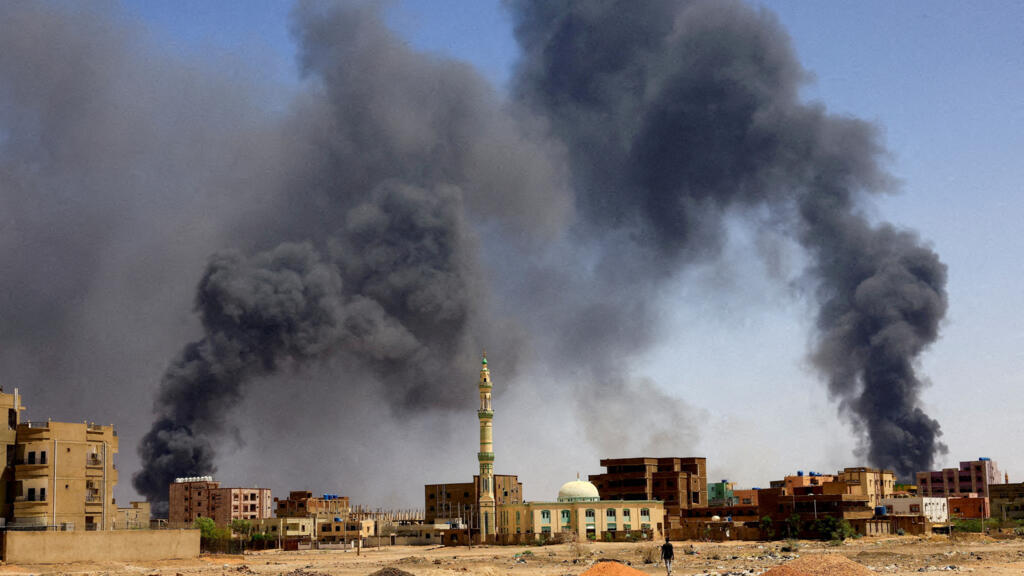
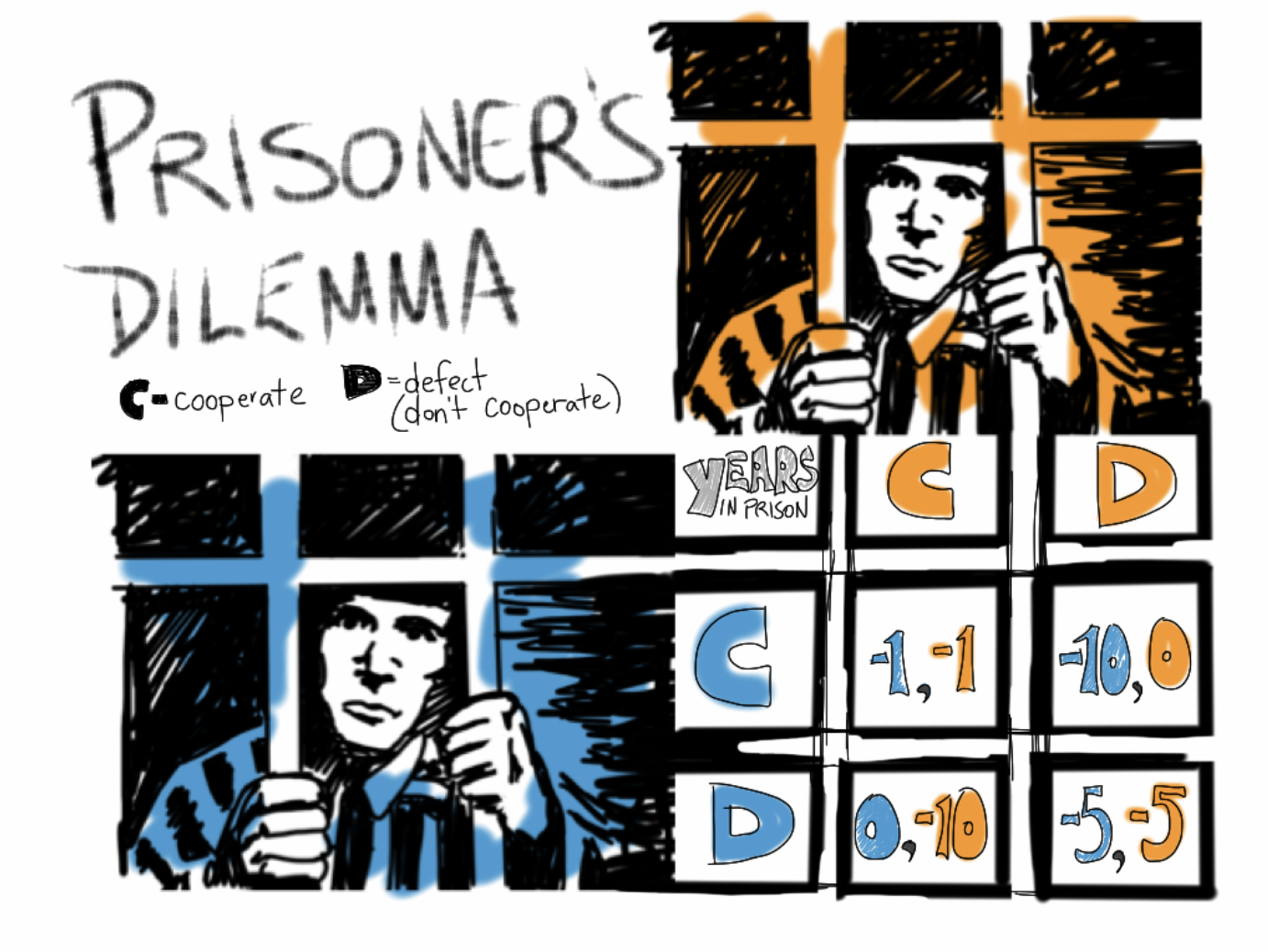
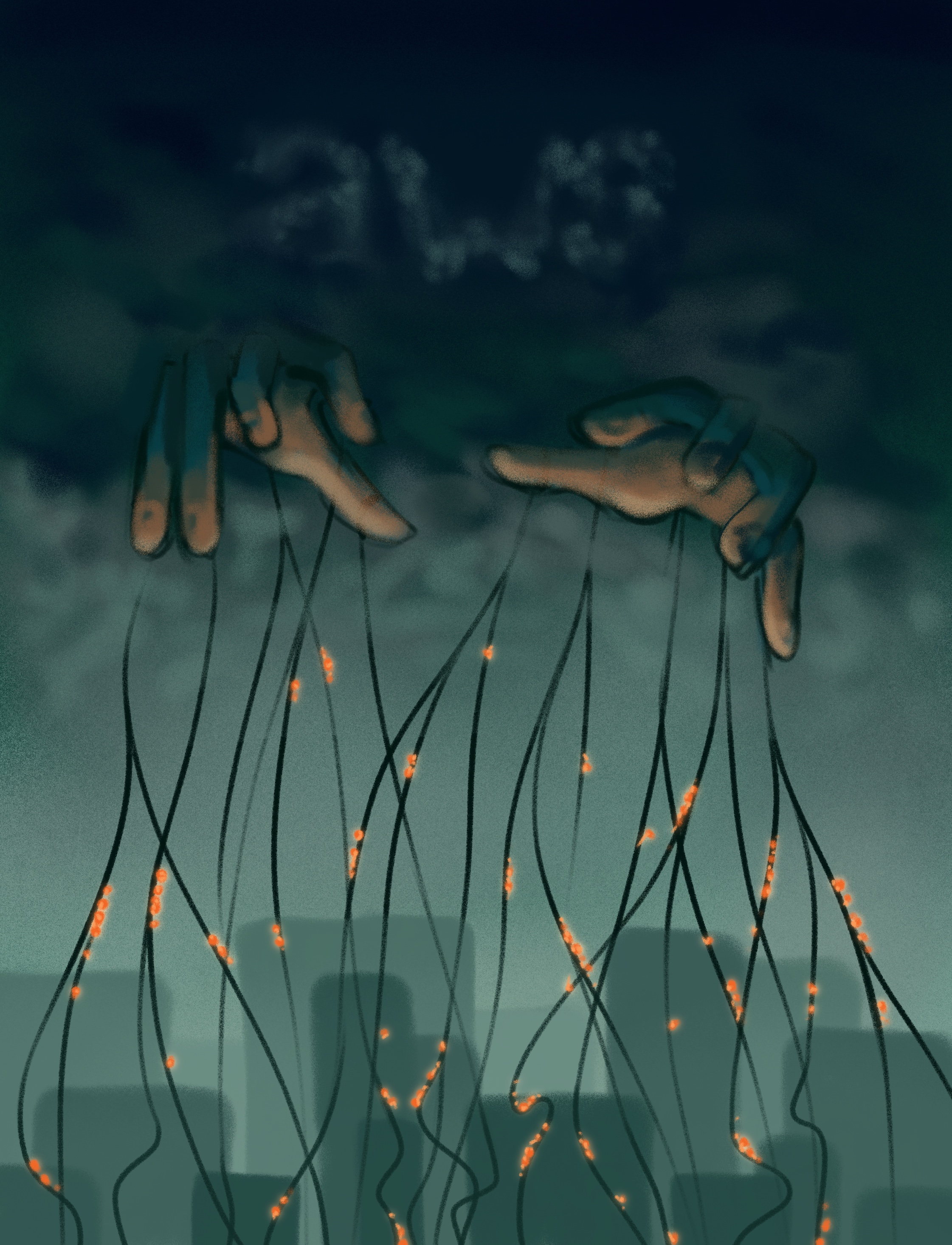
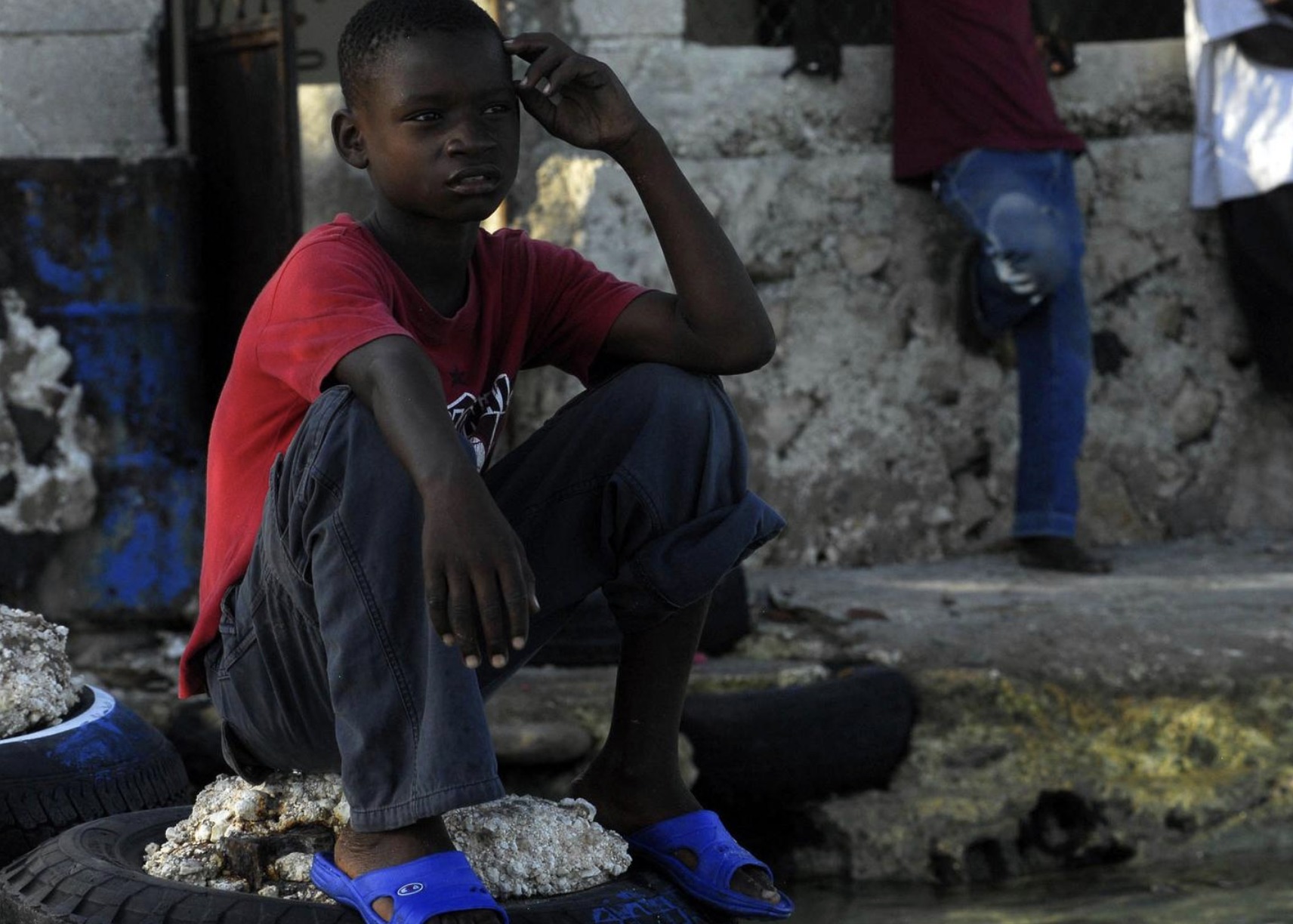



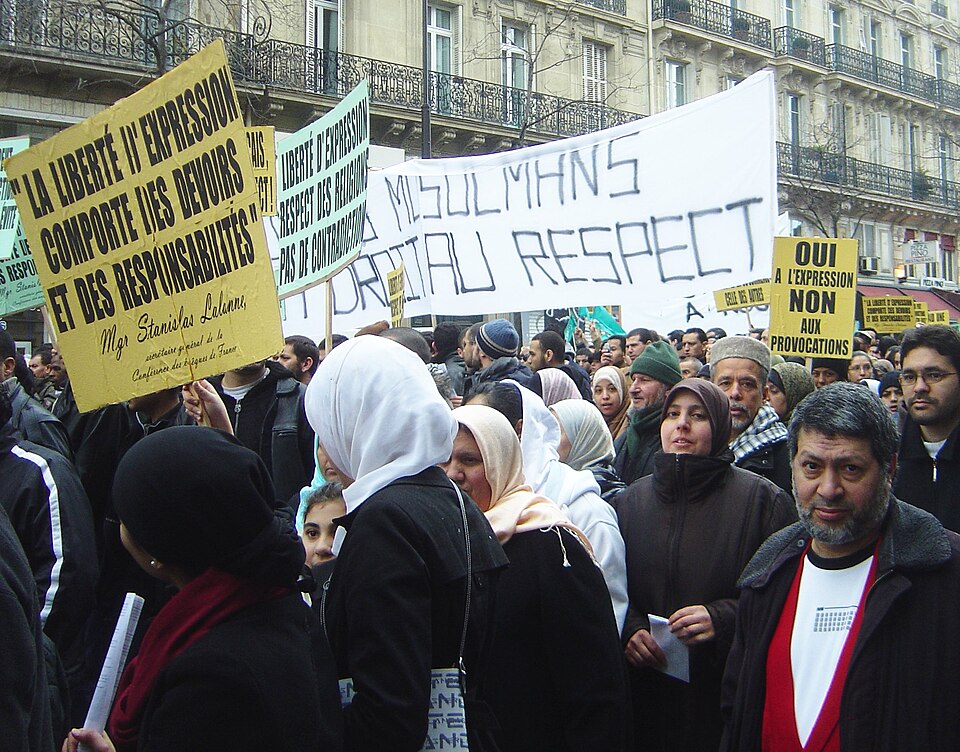
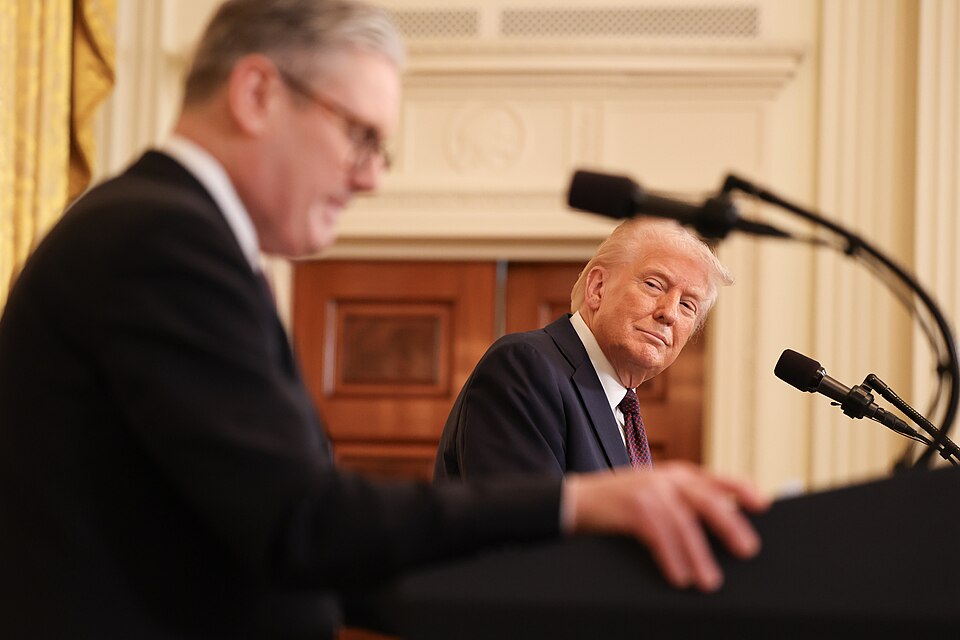
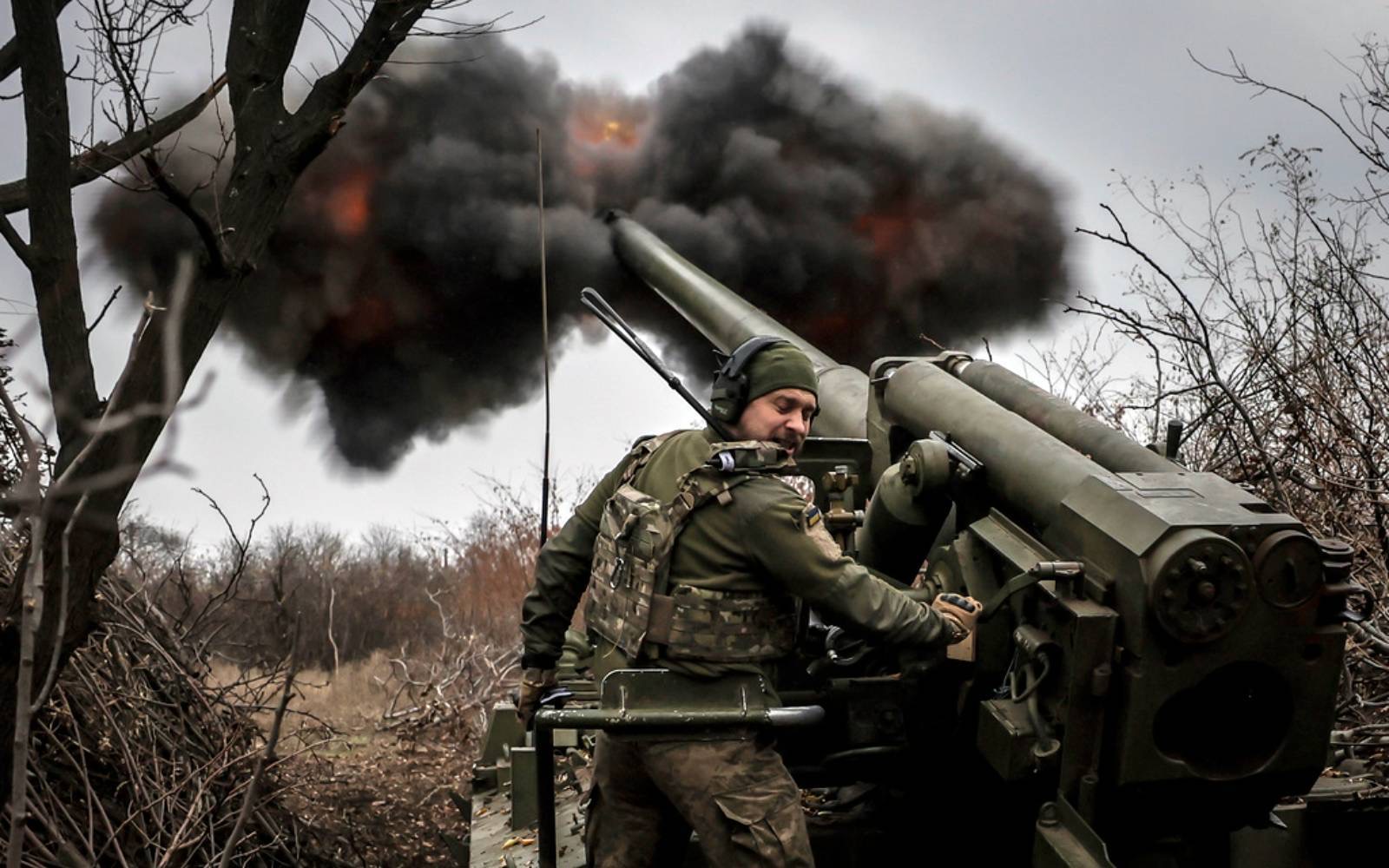
.png)
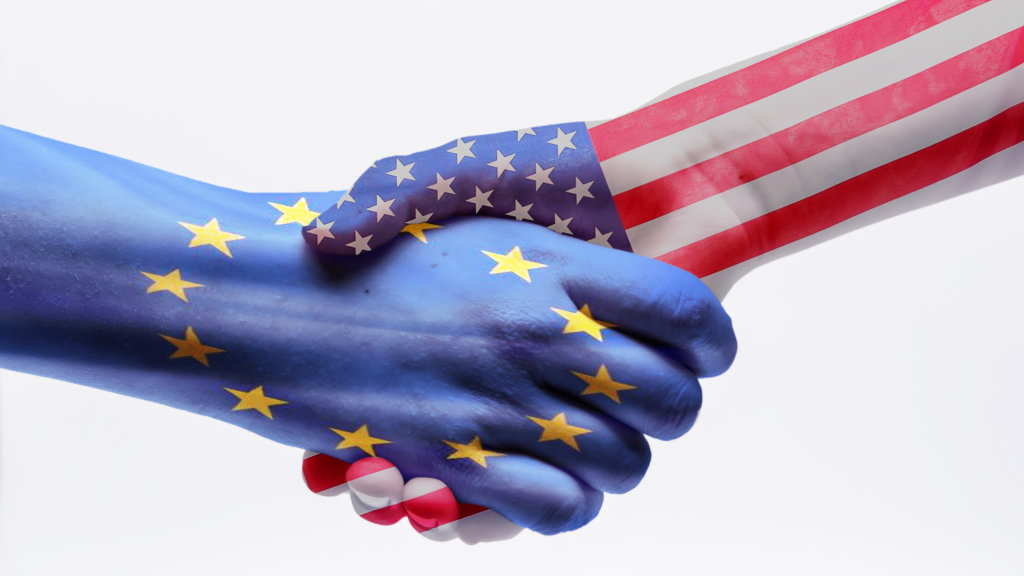
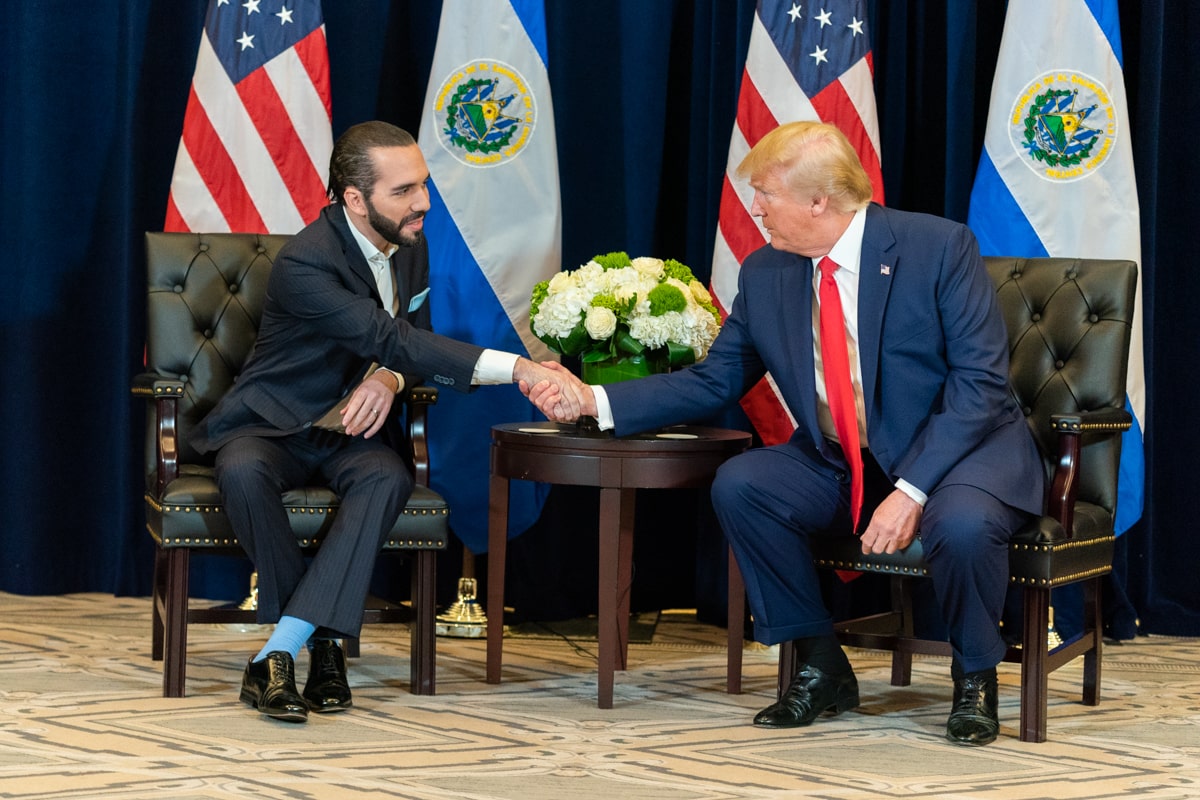
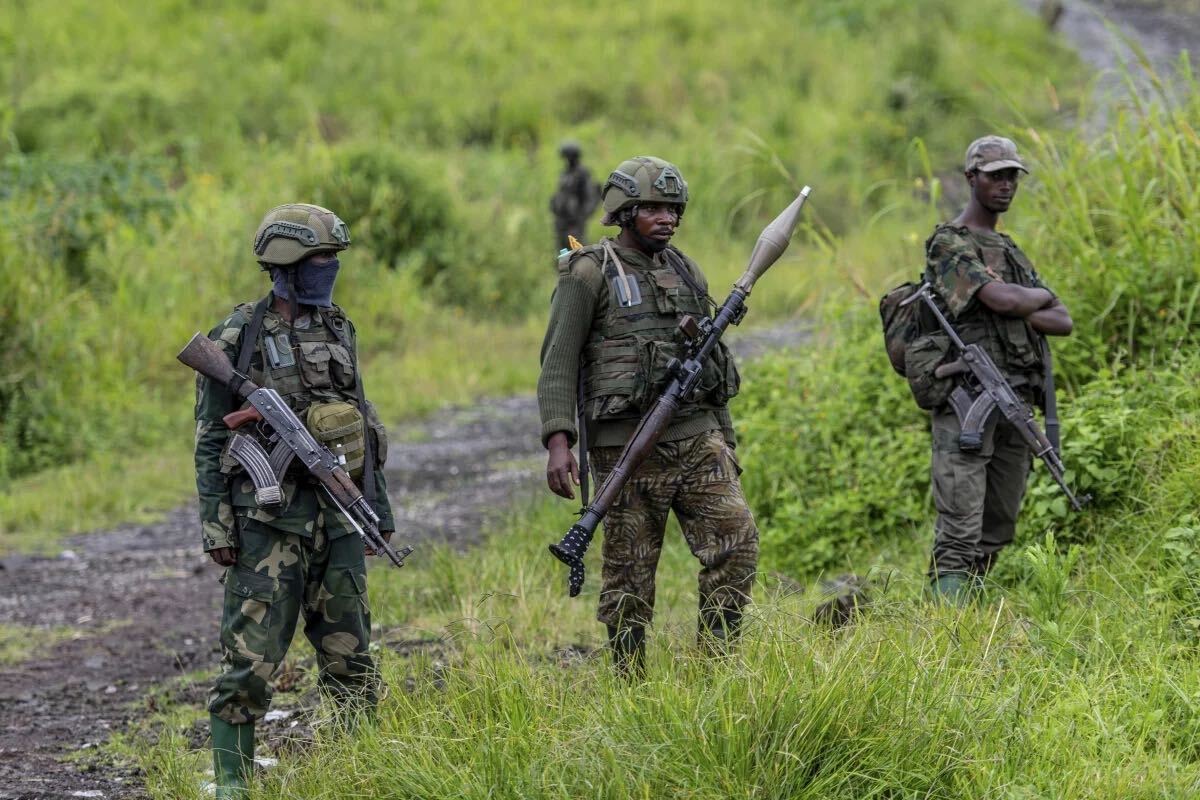

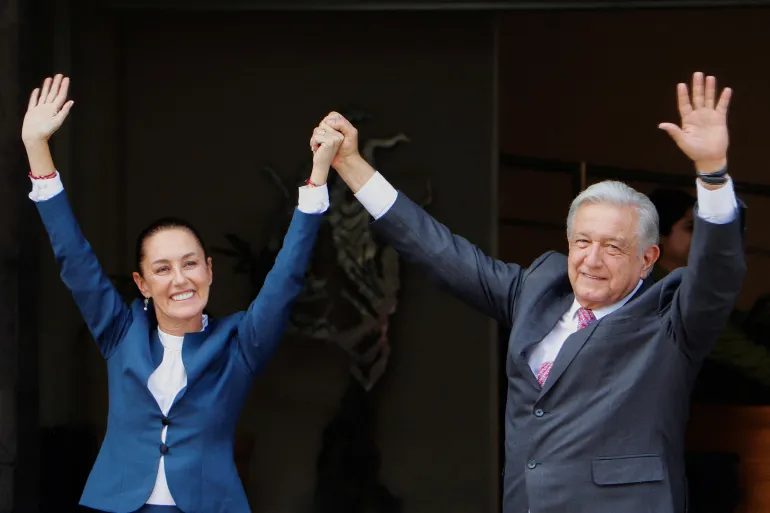

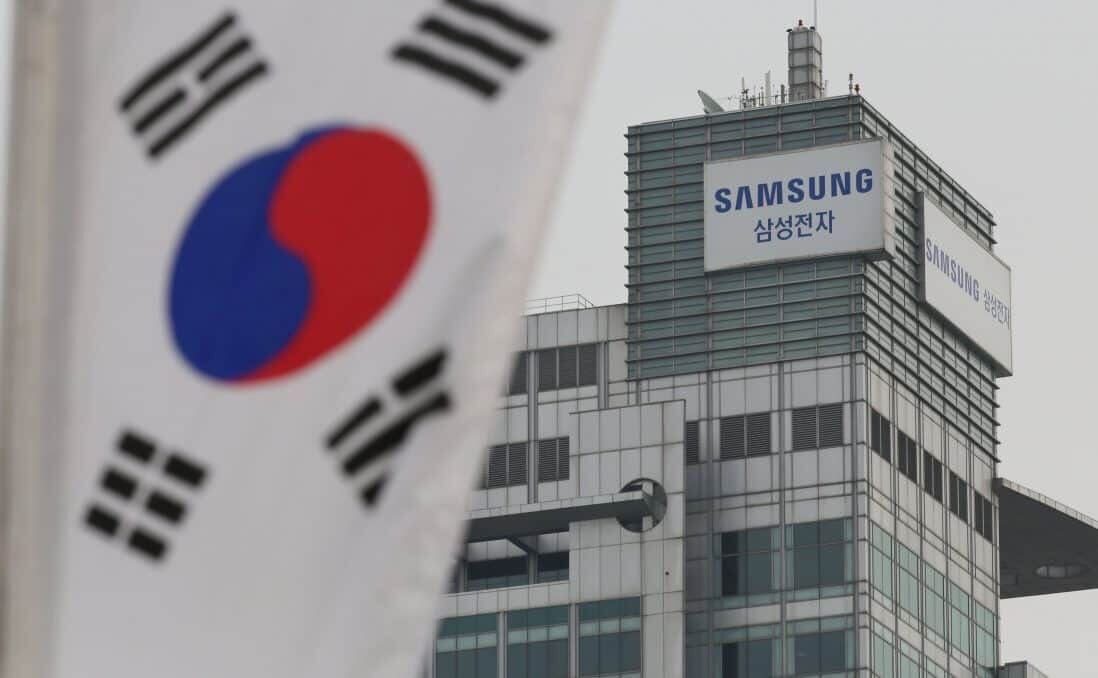
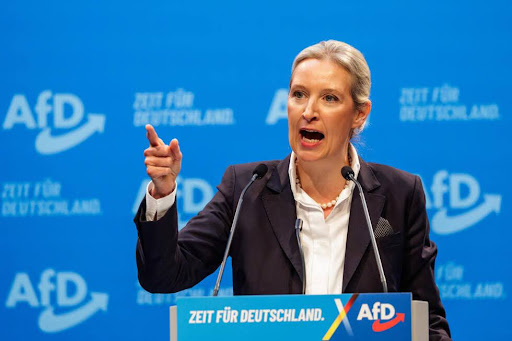


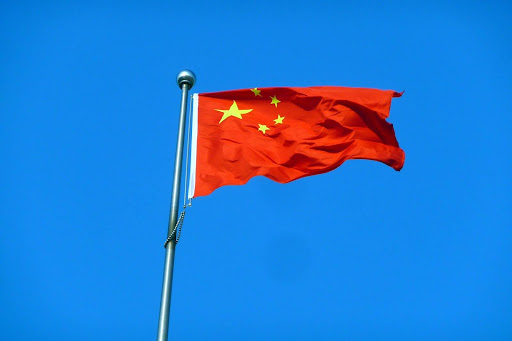



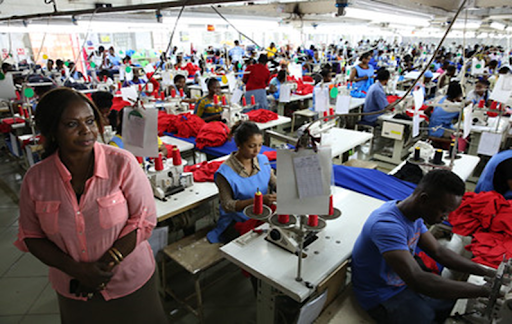
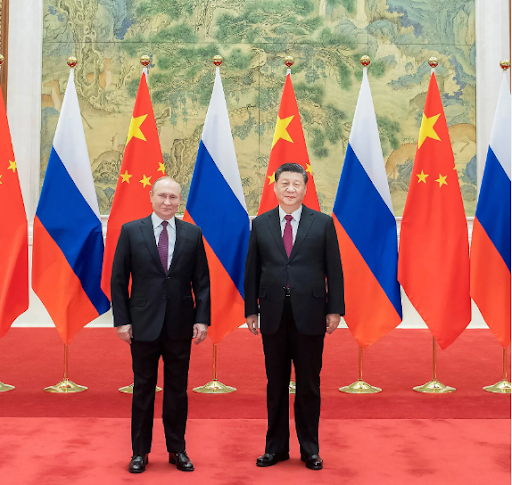
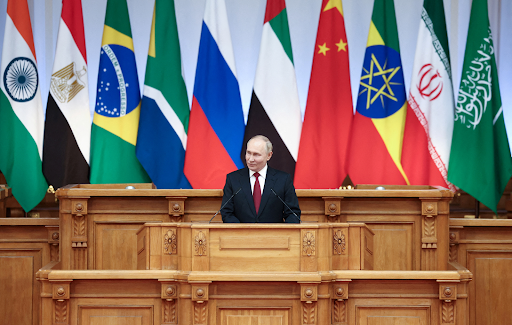
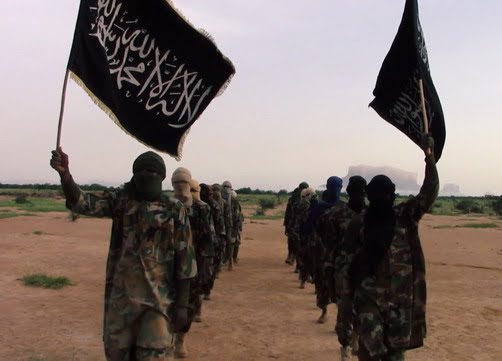
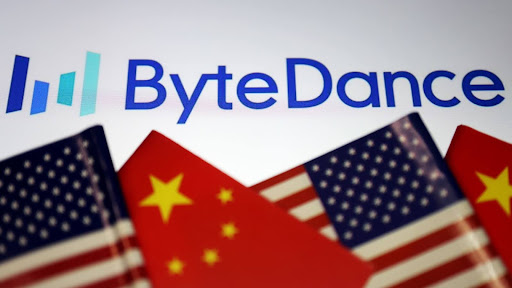
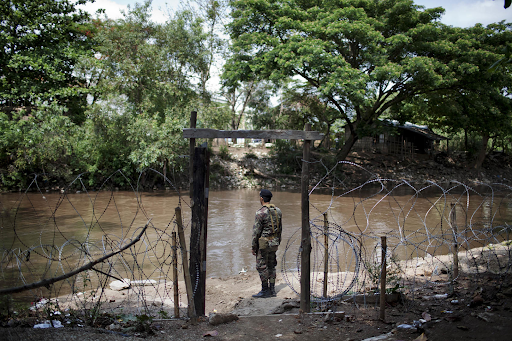
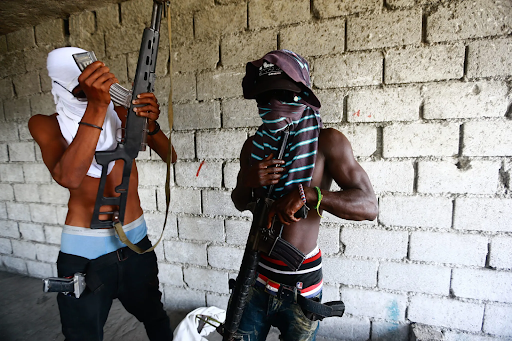
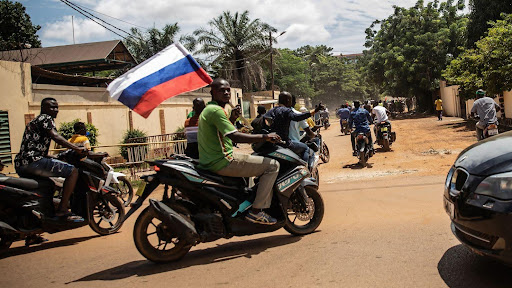
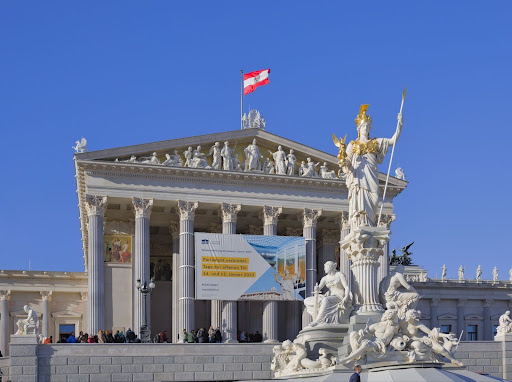
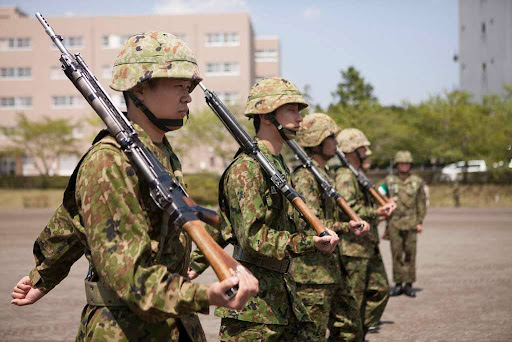
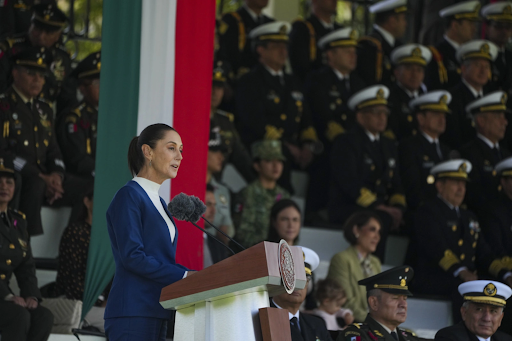
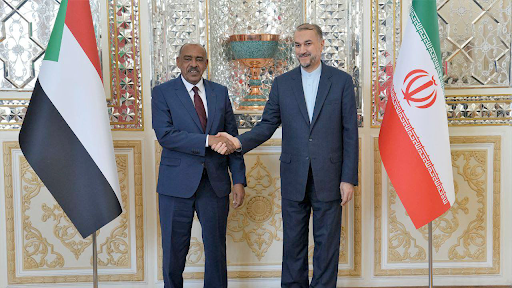

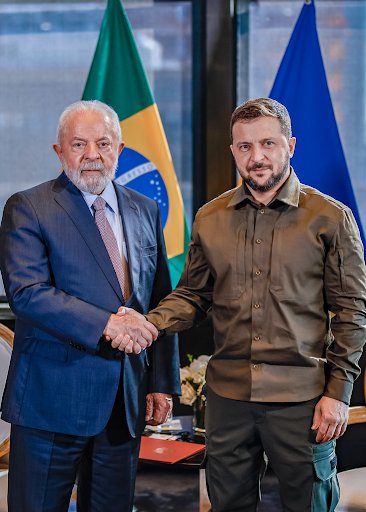
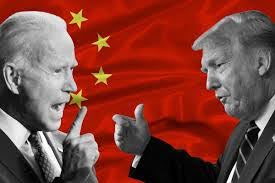

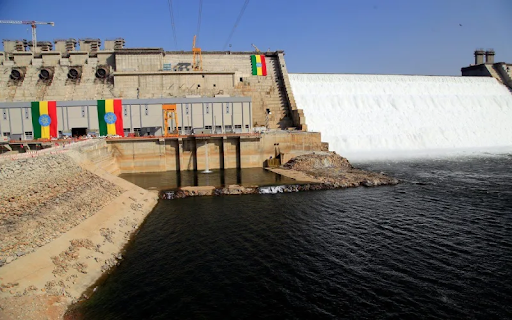

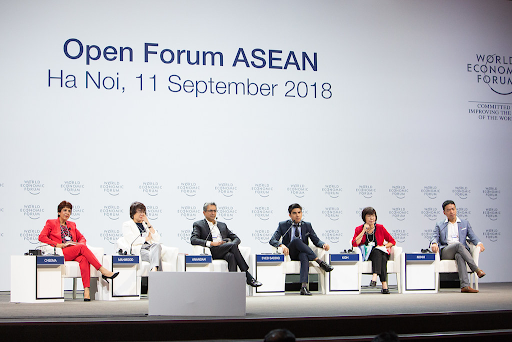
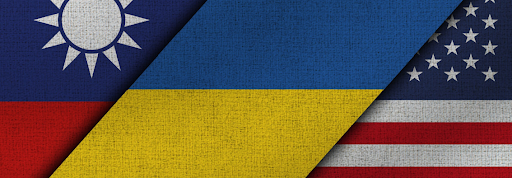
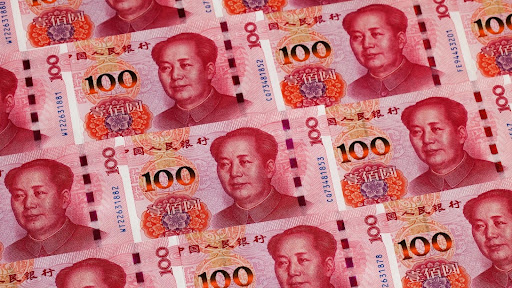
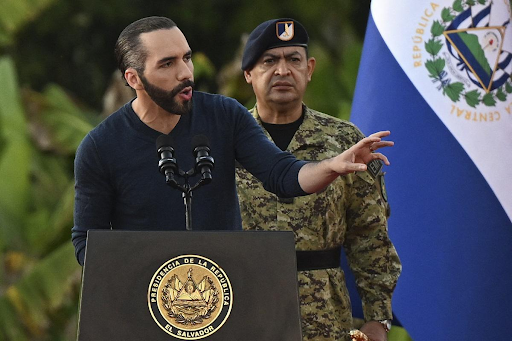
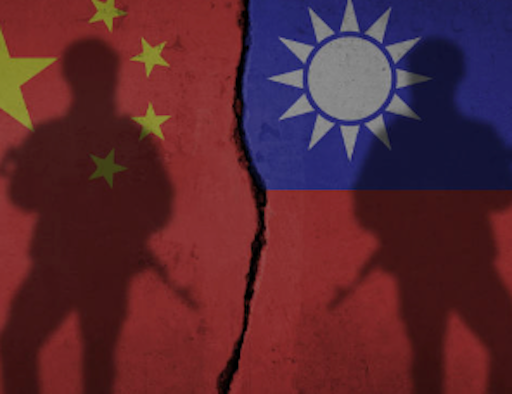
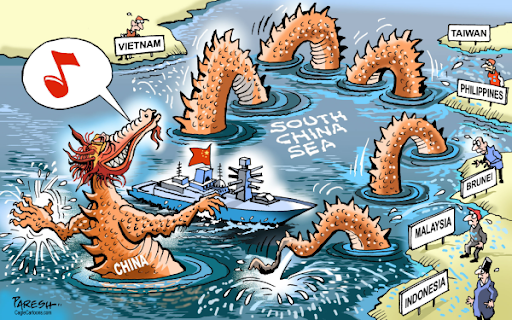
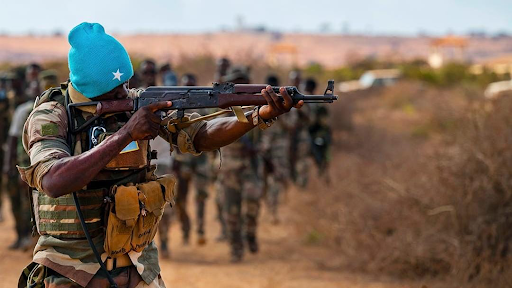
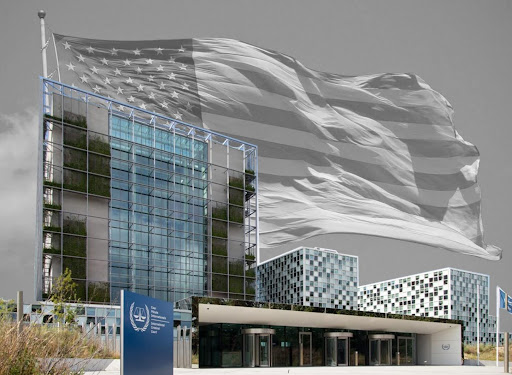
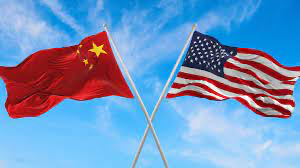
.png)
.png)
.png)
.jpg)
.png)
.png)
.png)
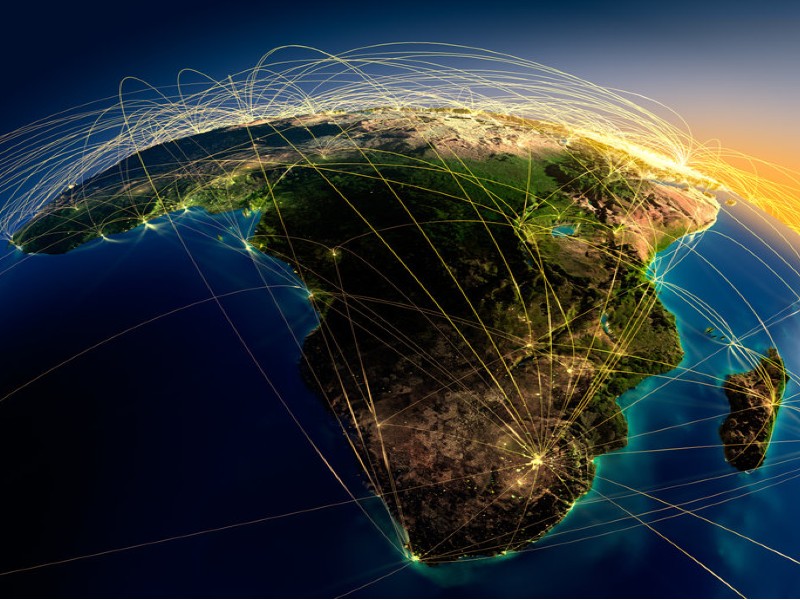
.png)
.jpg)
.png)
.png)
.jpg)
.png)
.png)
.jpg)
.png)
.jpg)
.jpg)
.png)
.png)
.jpg)
.jpg)
.jpg)
.png)
.png)
.png)
